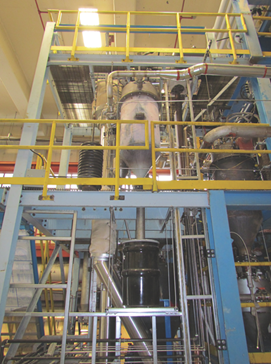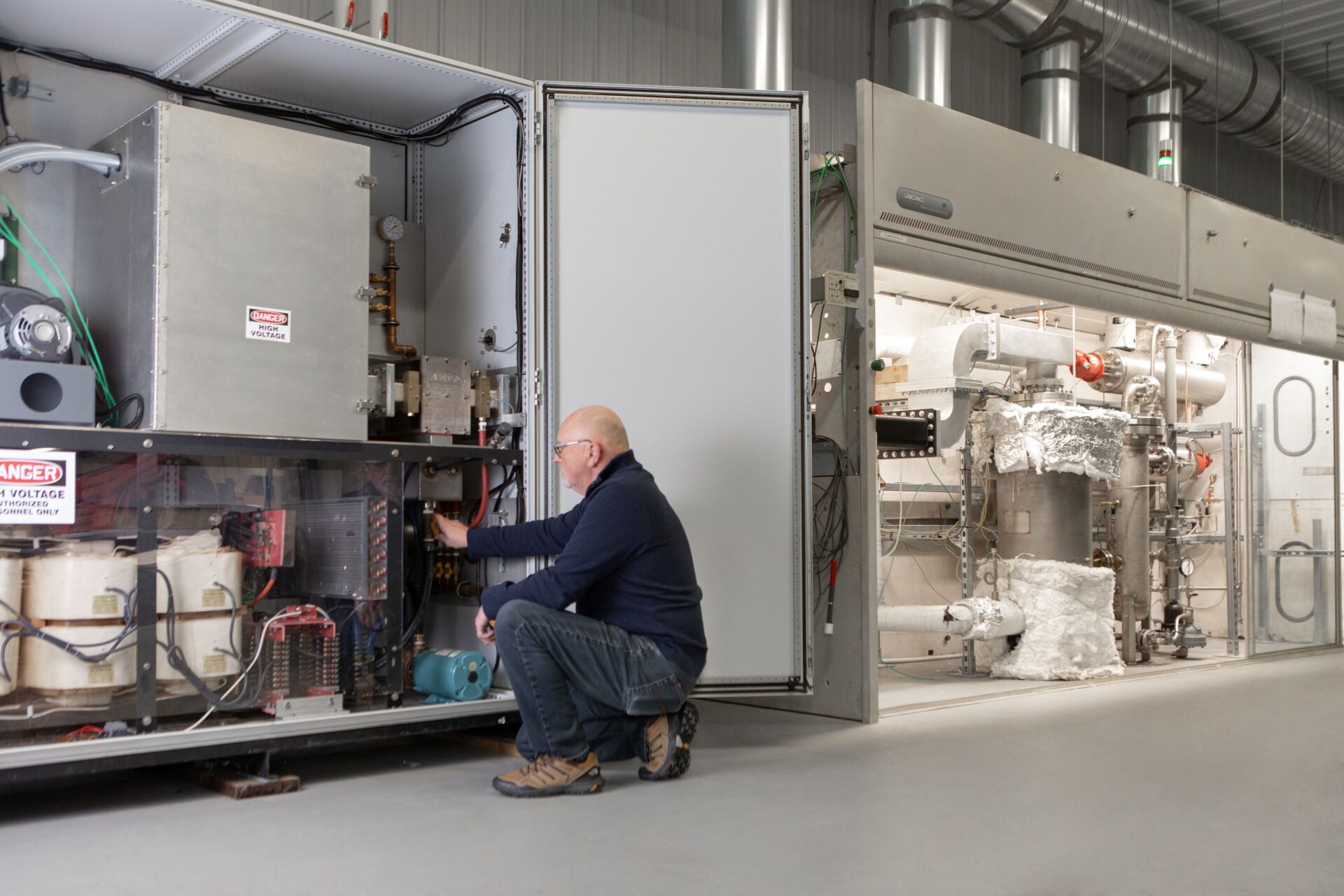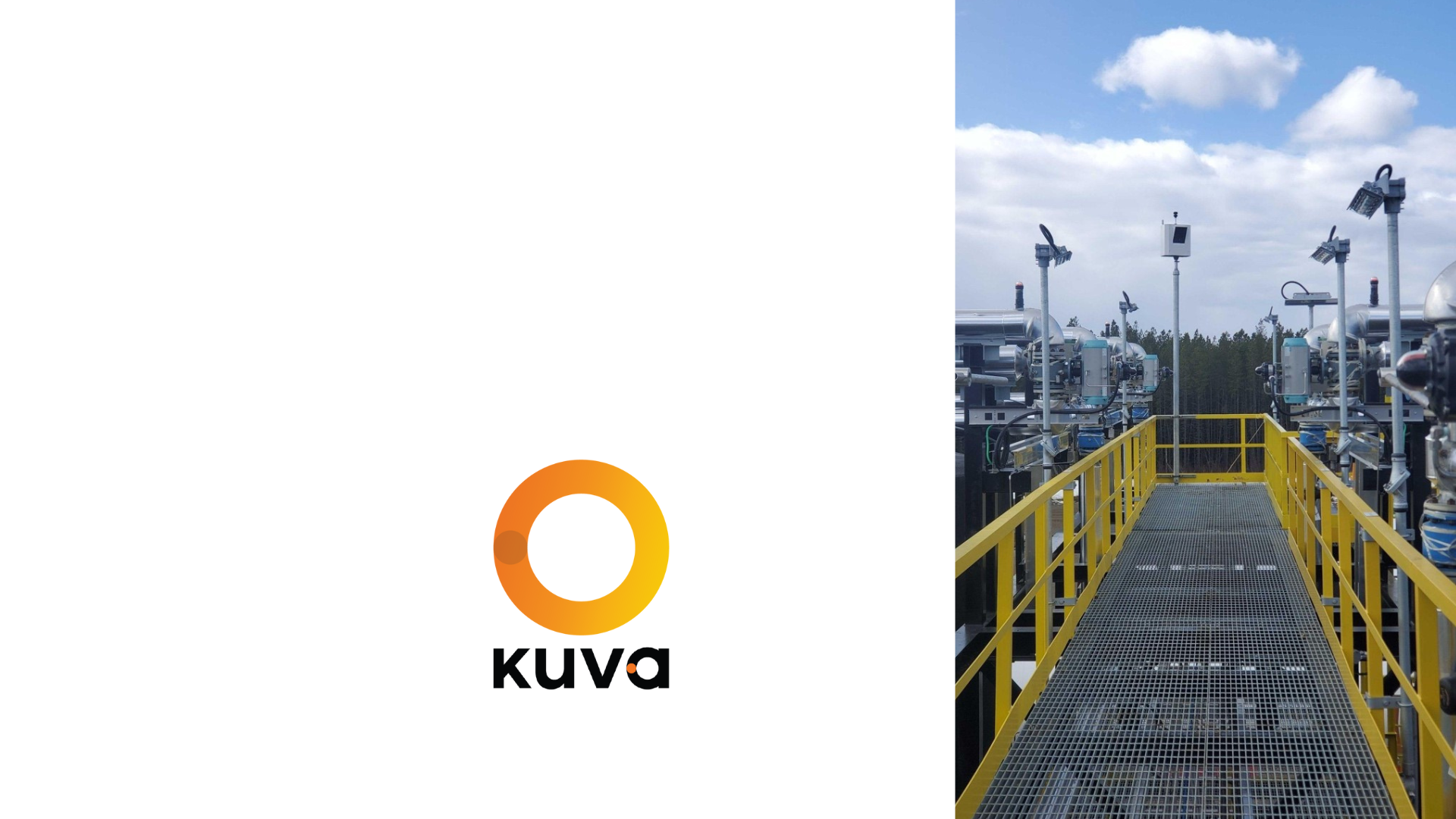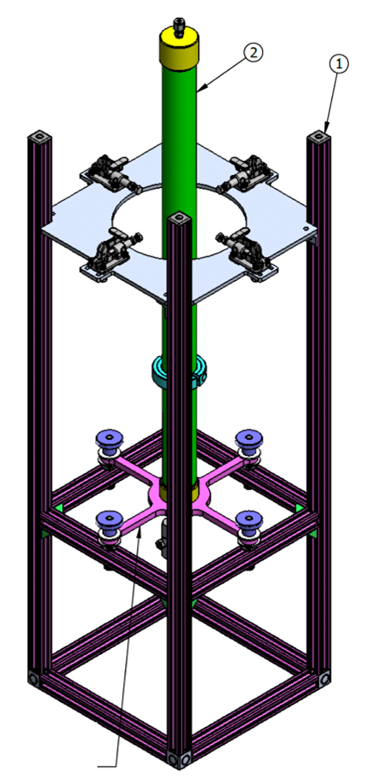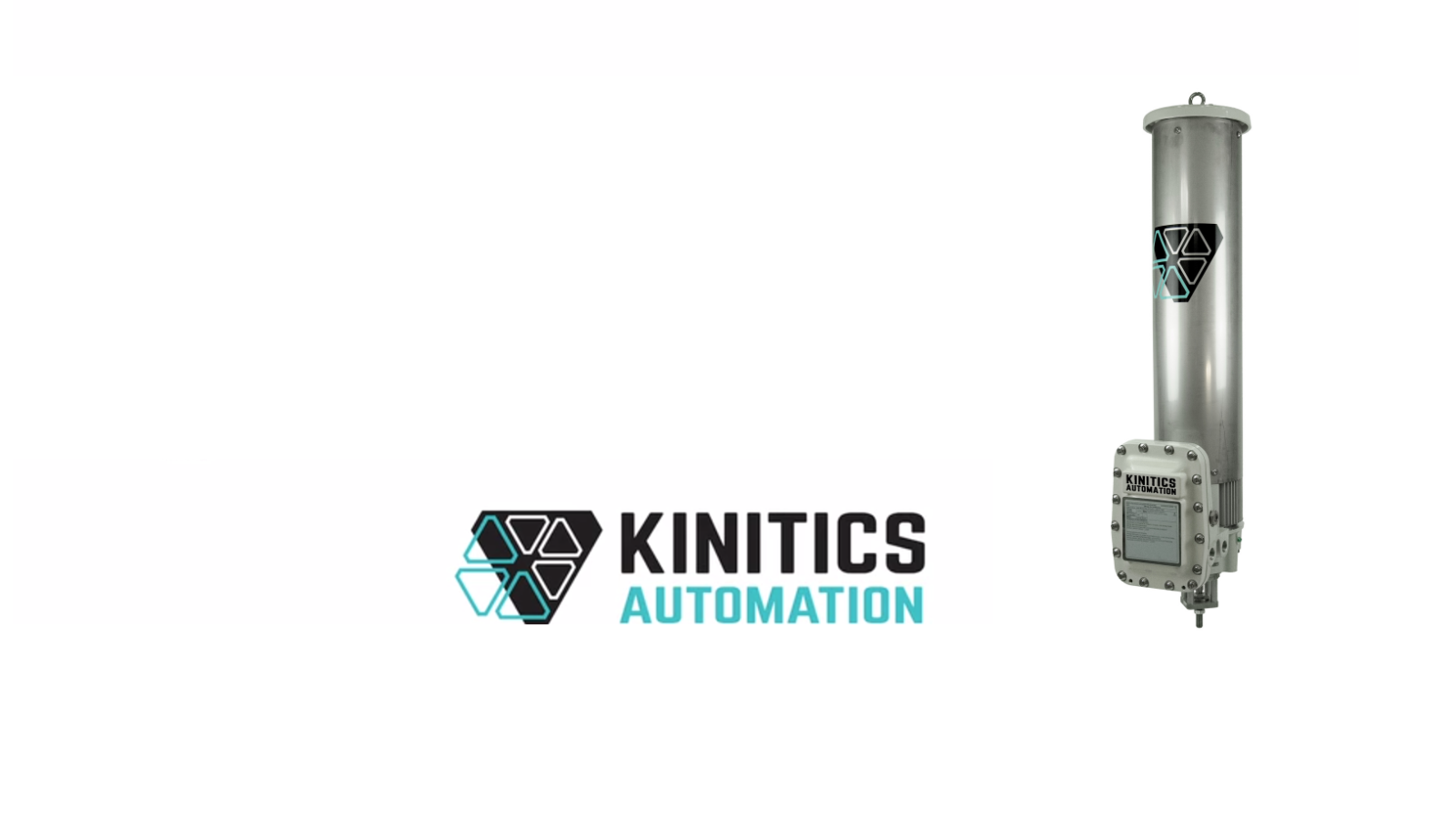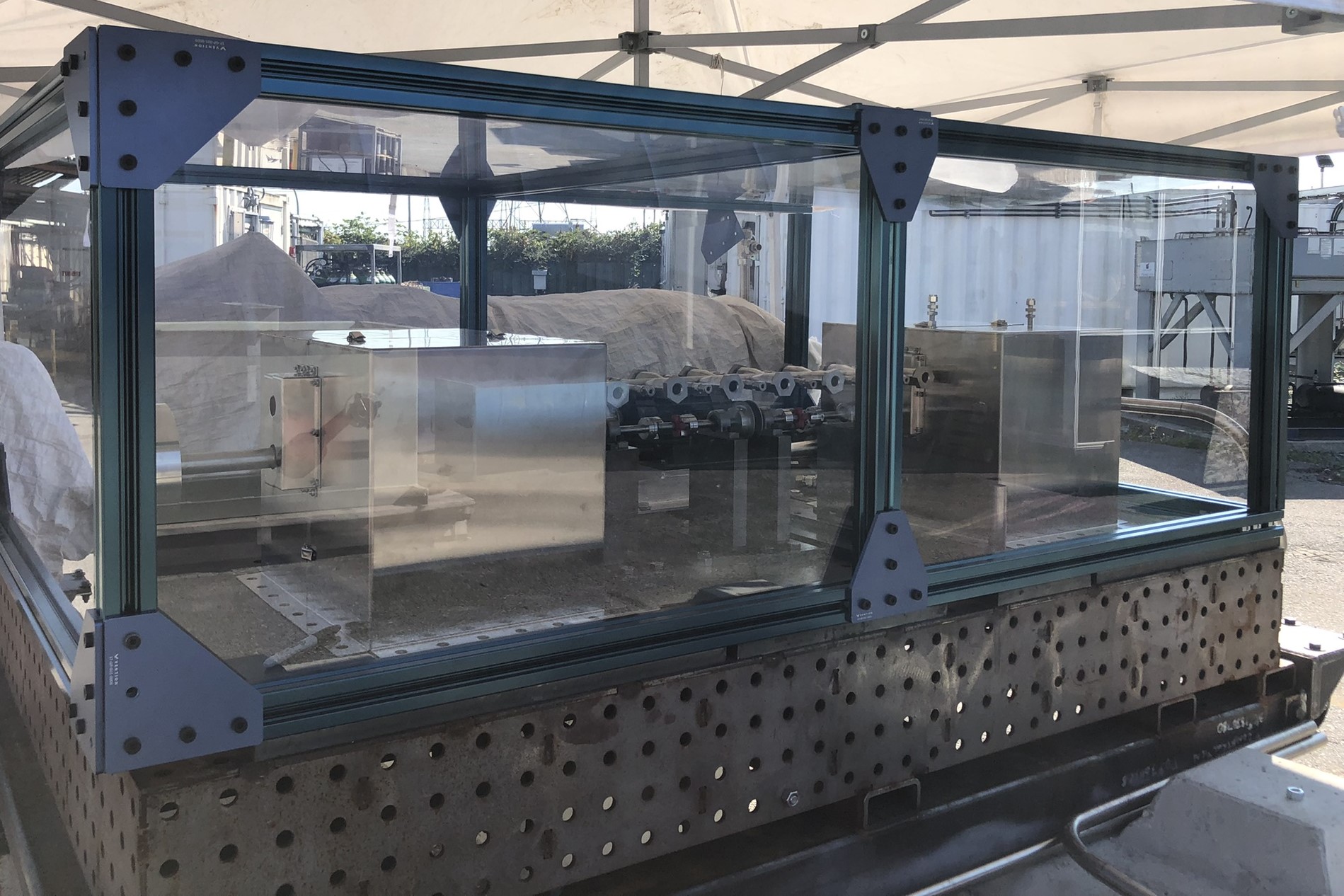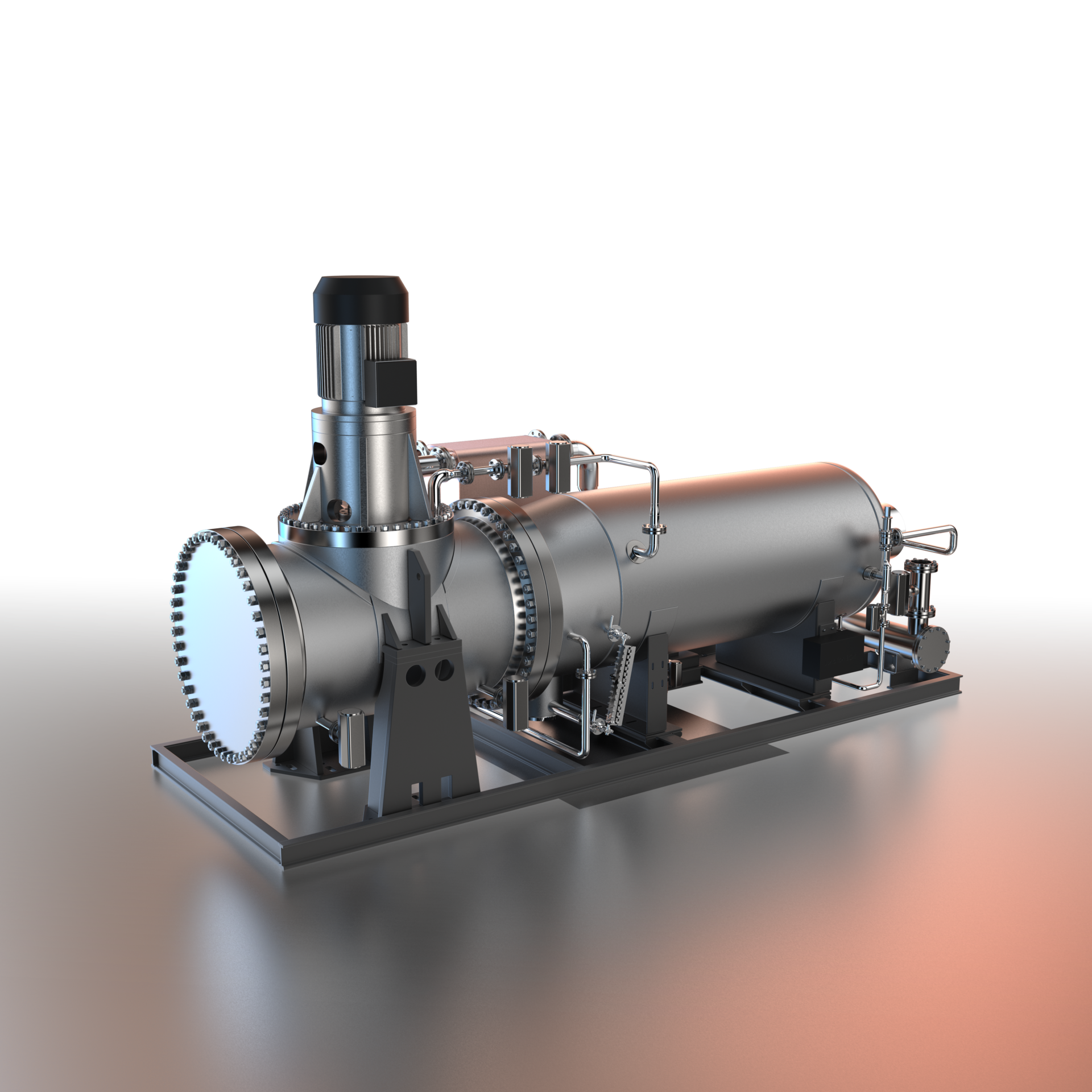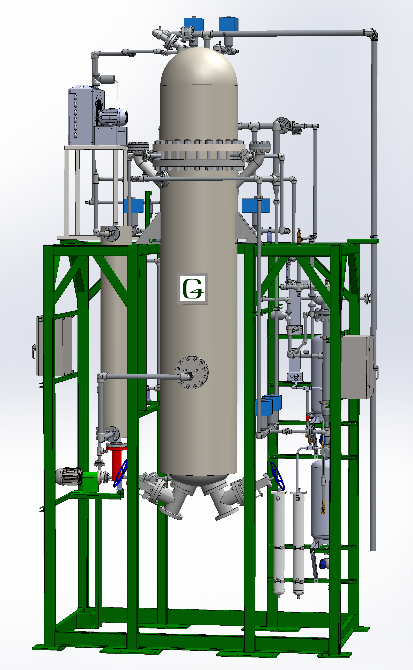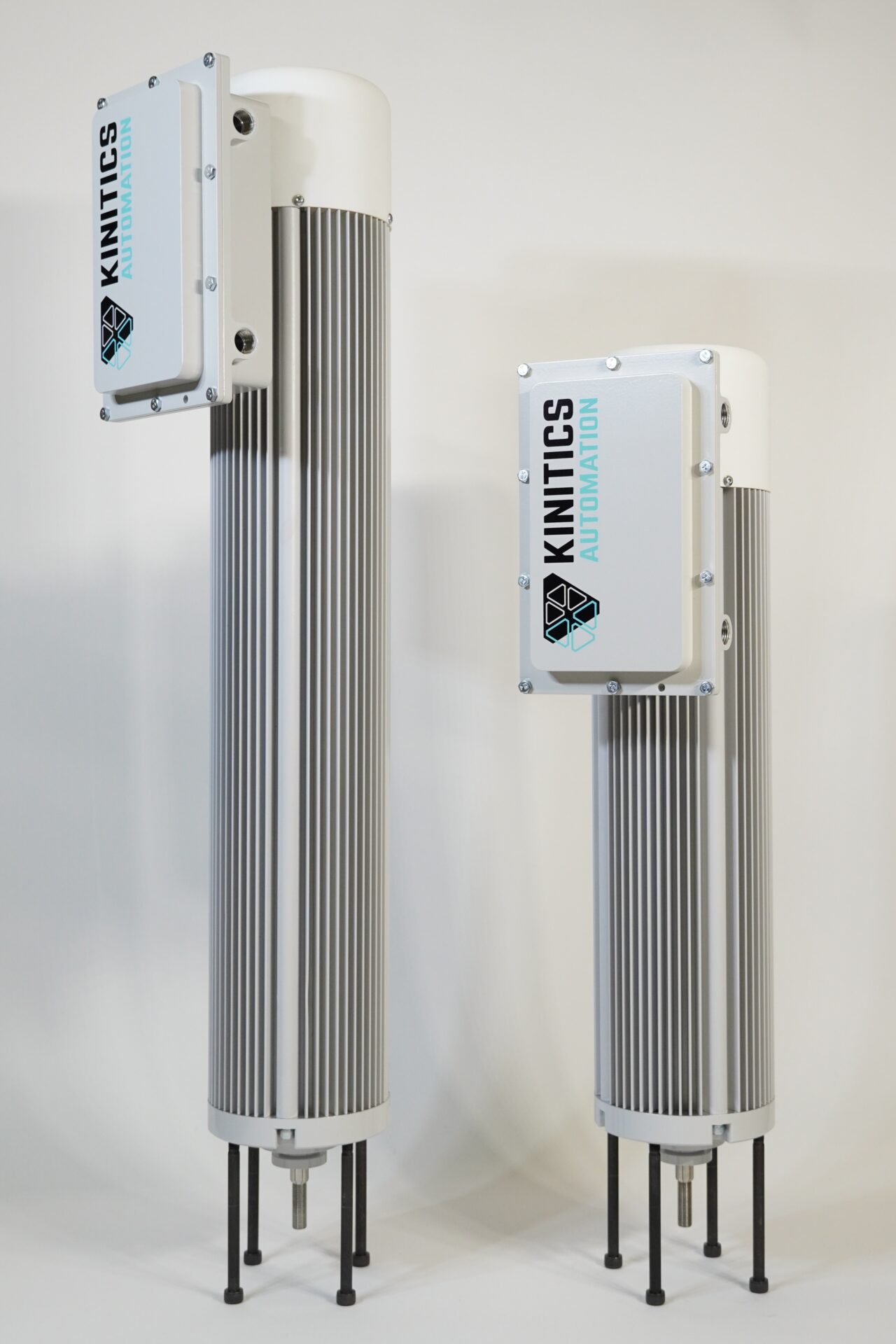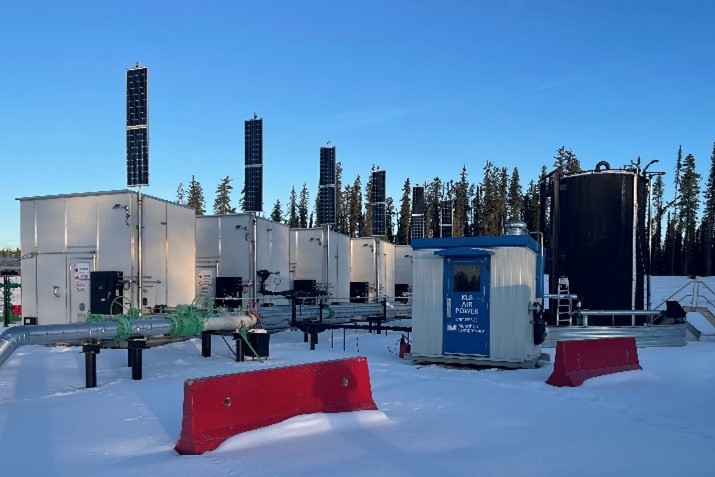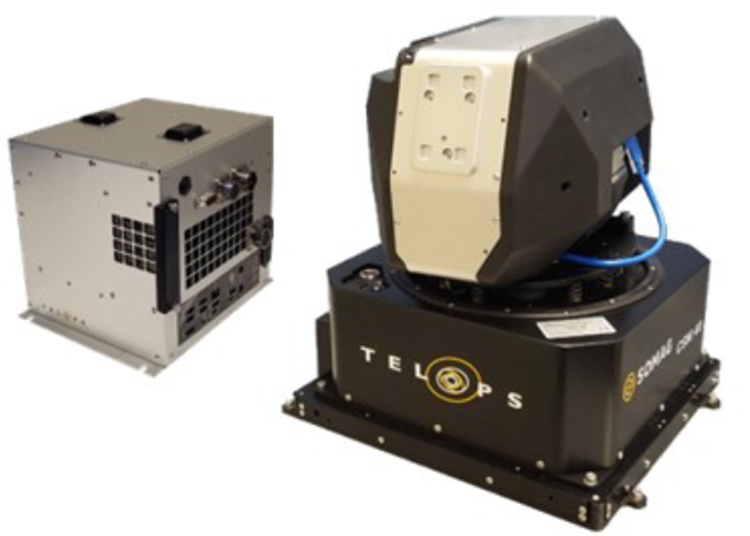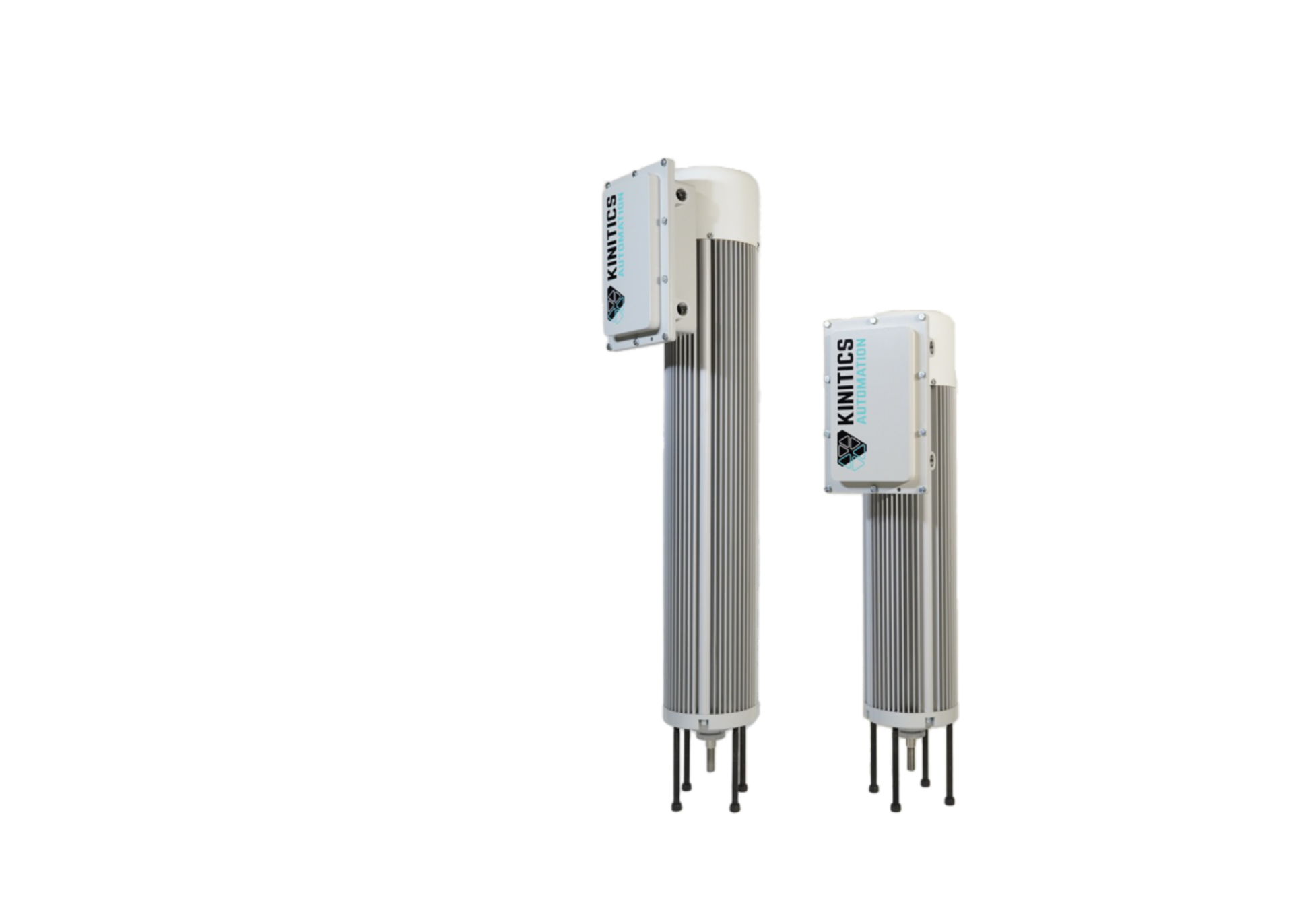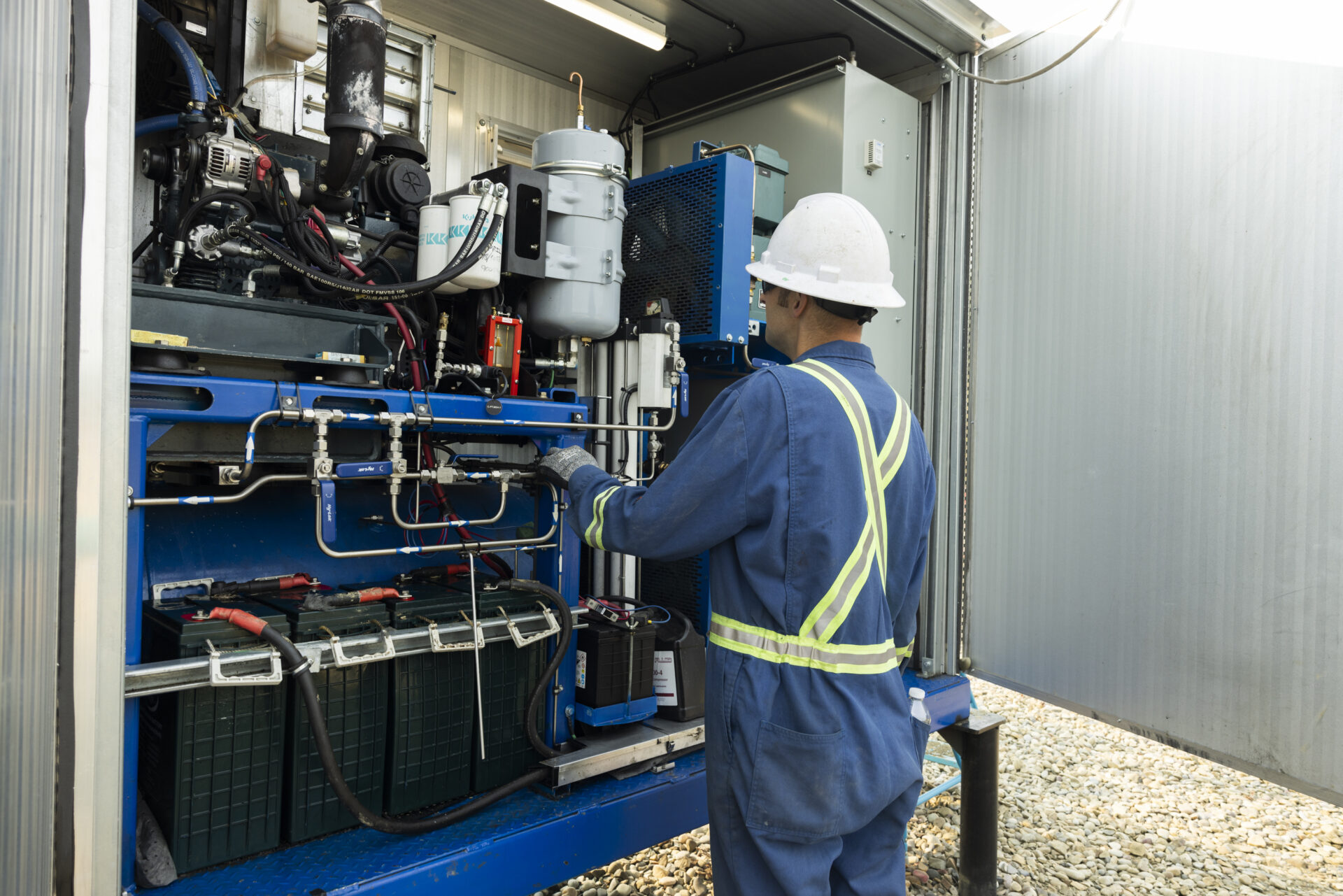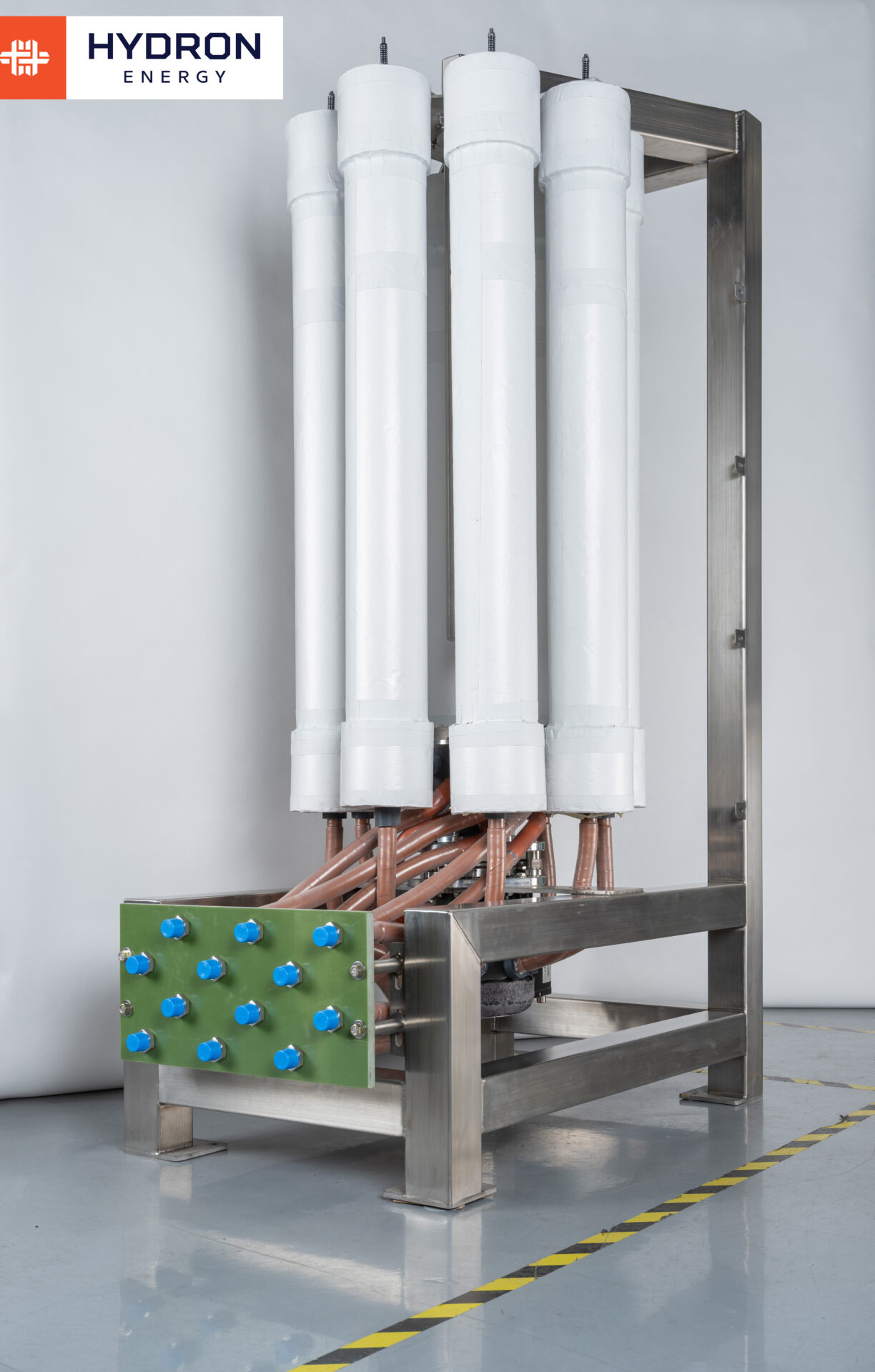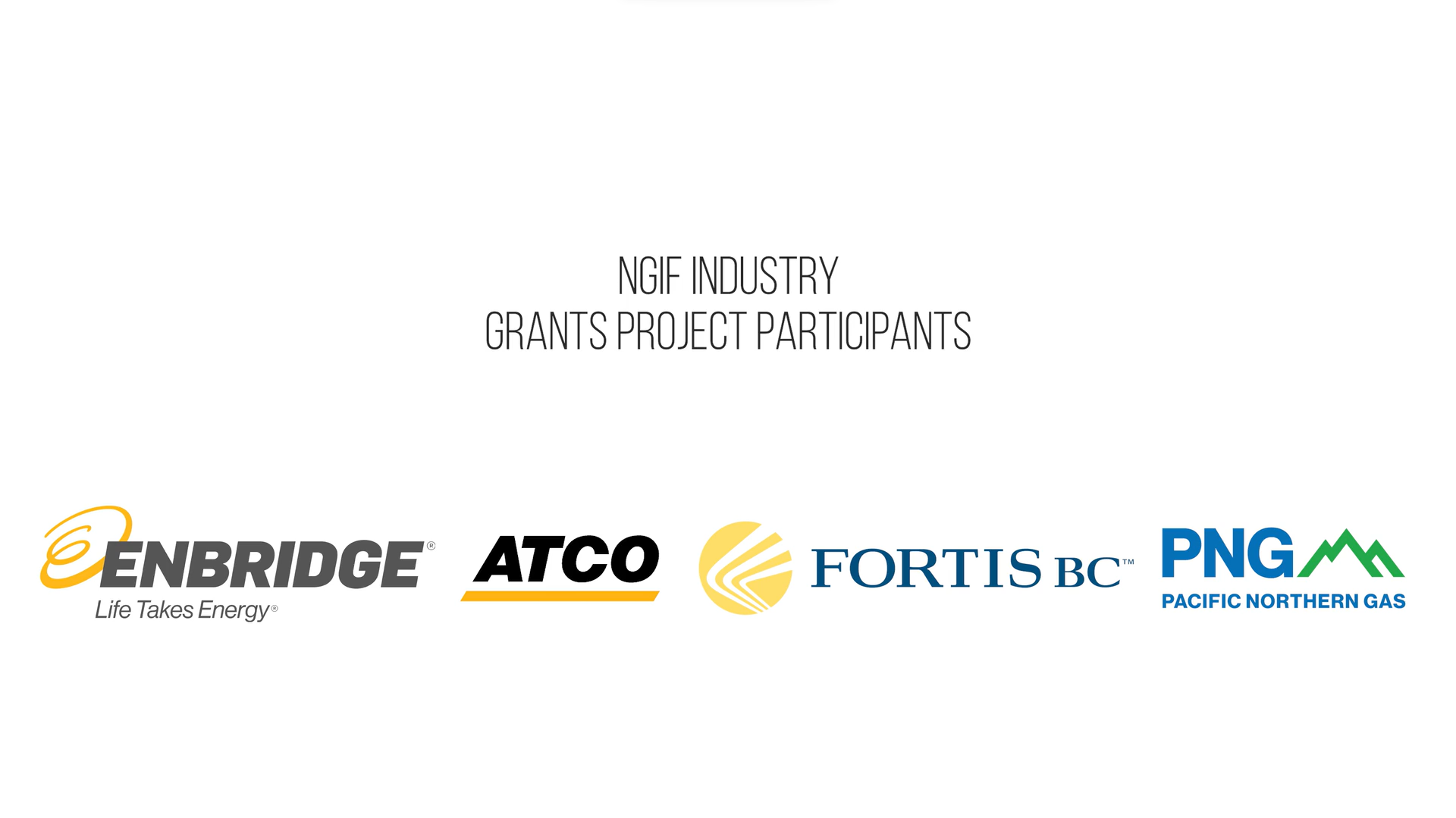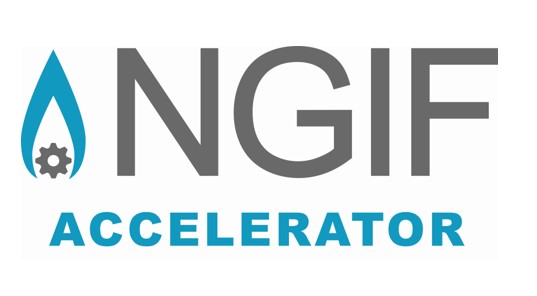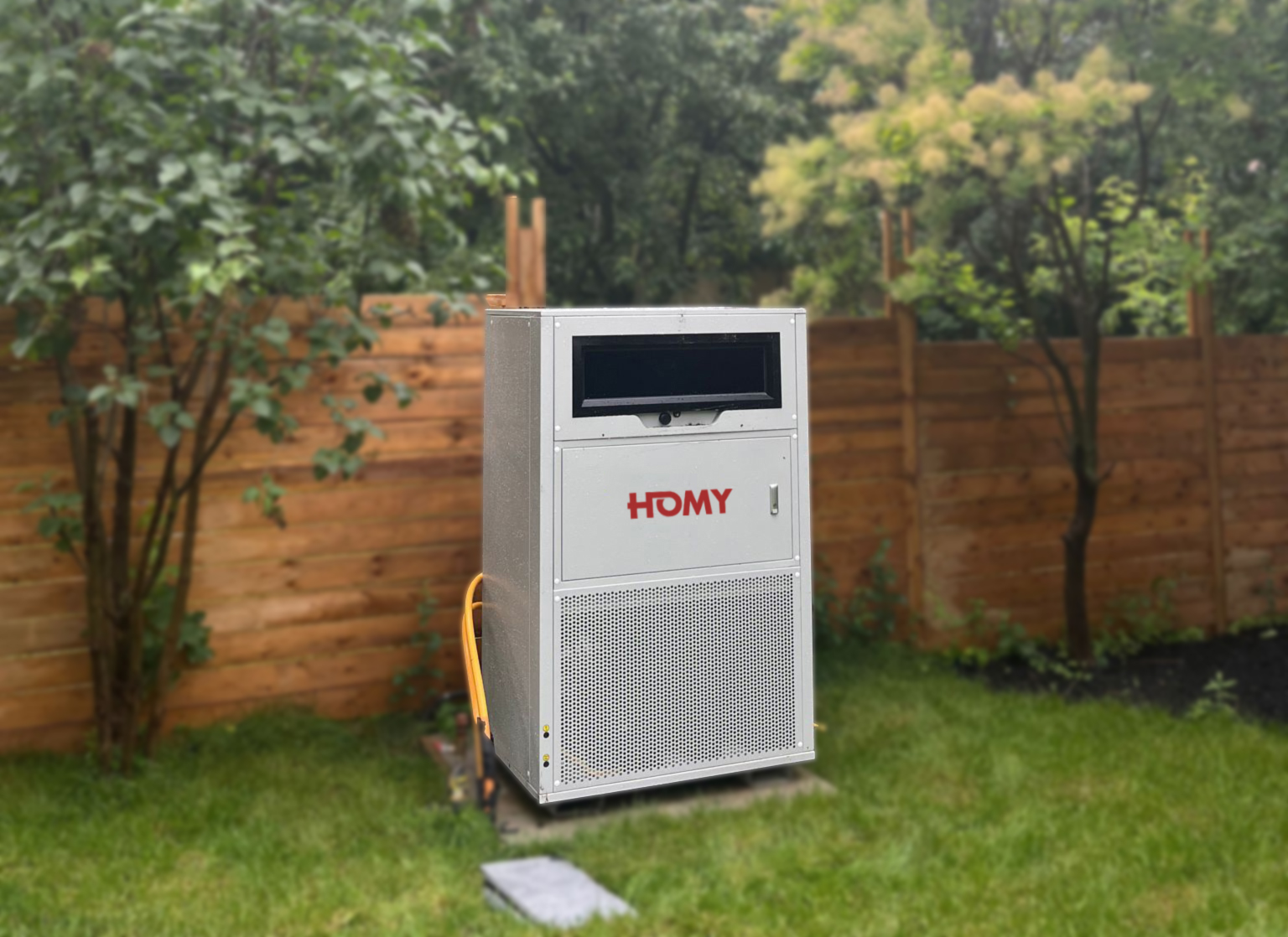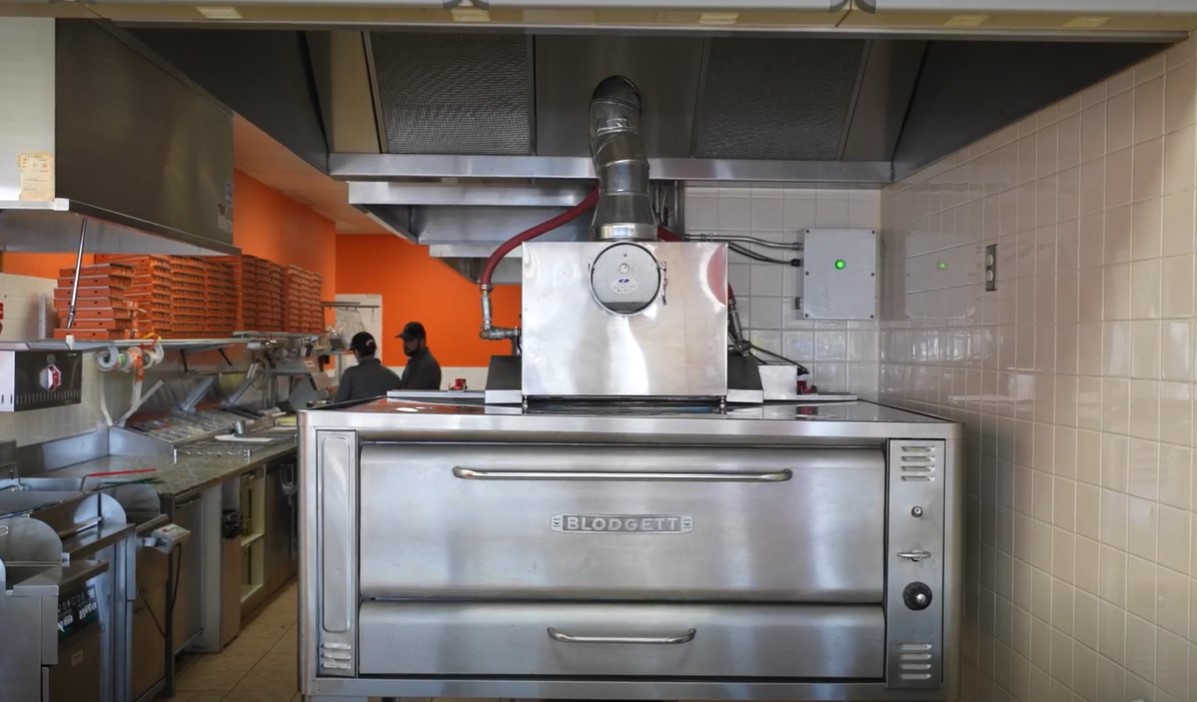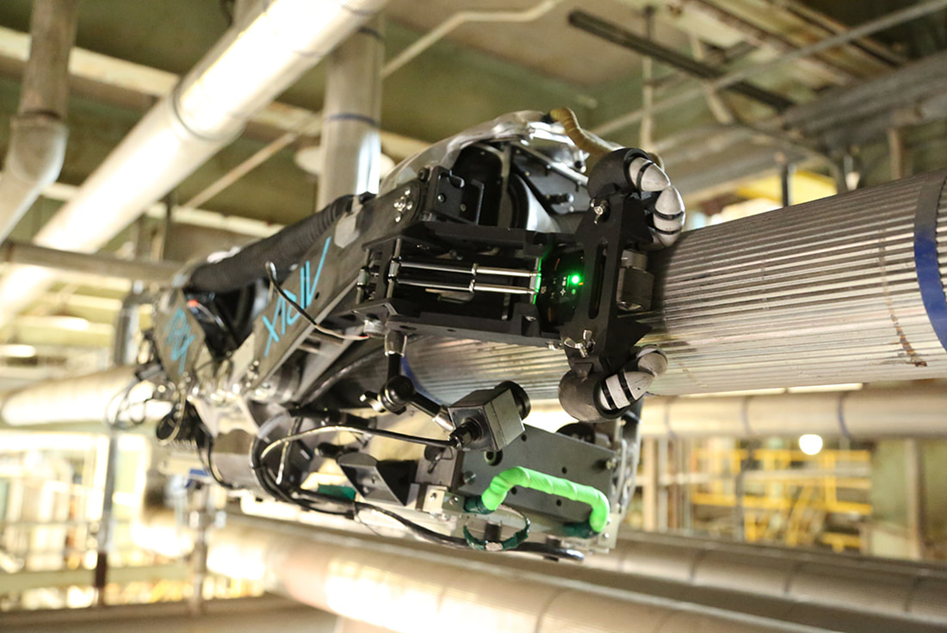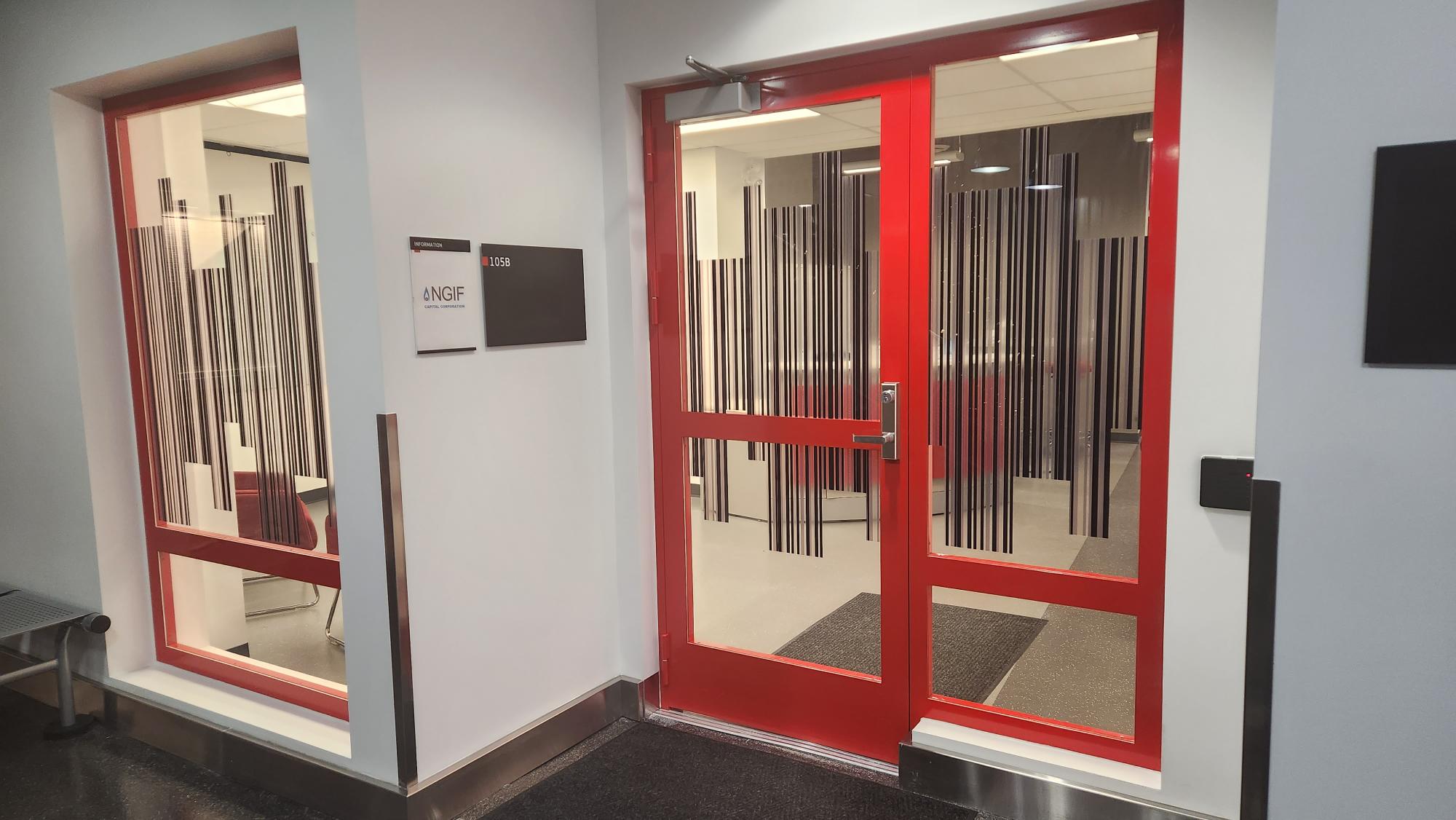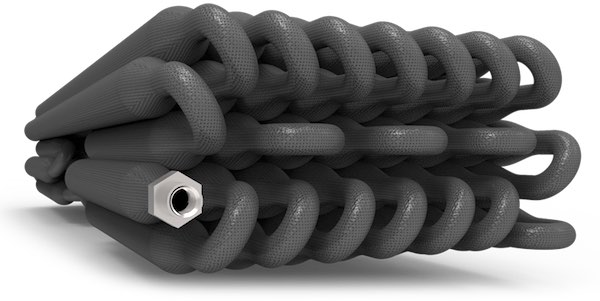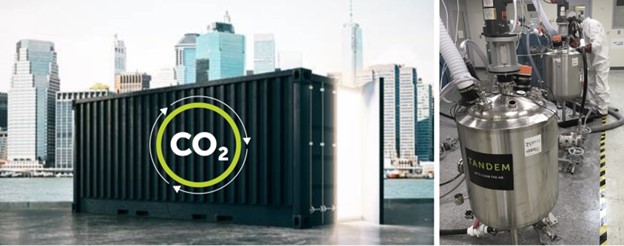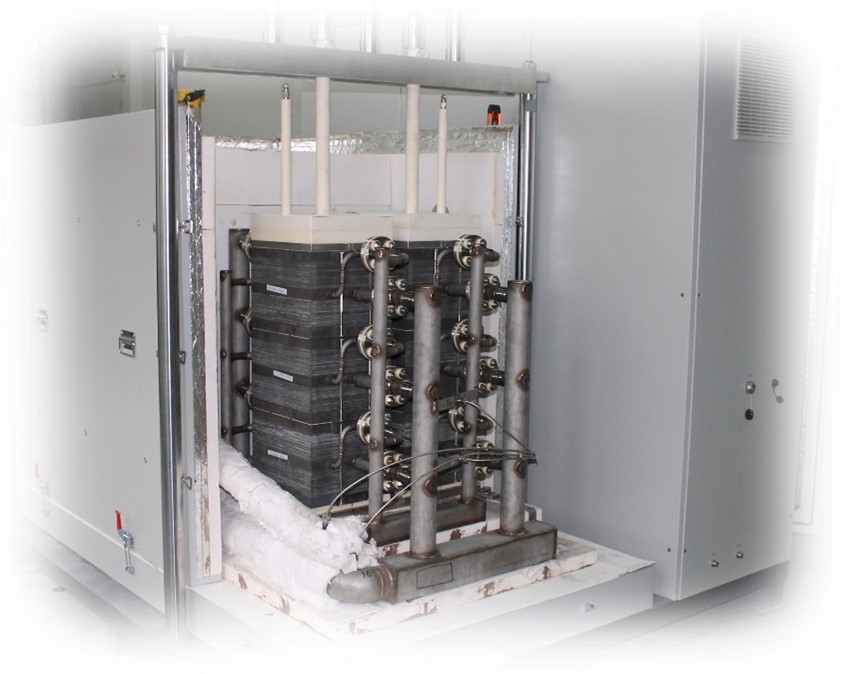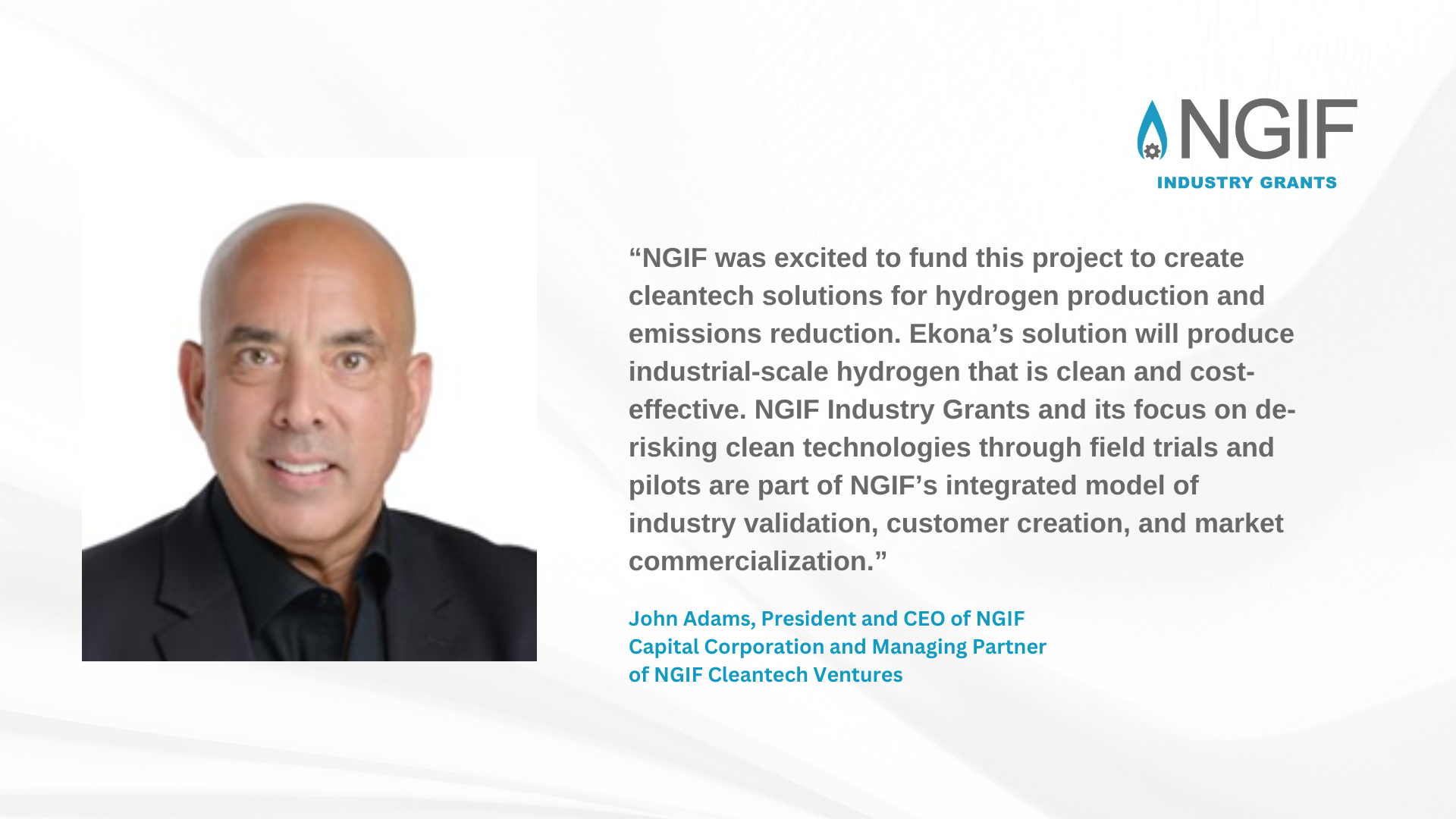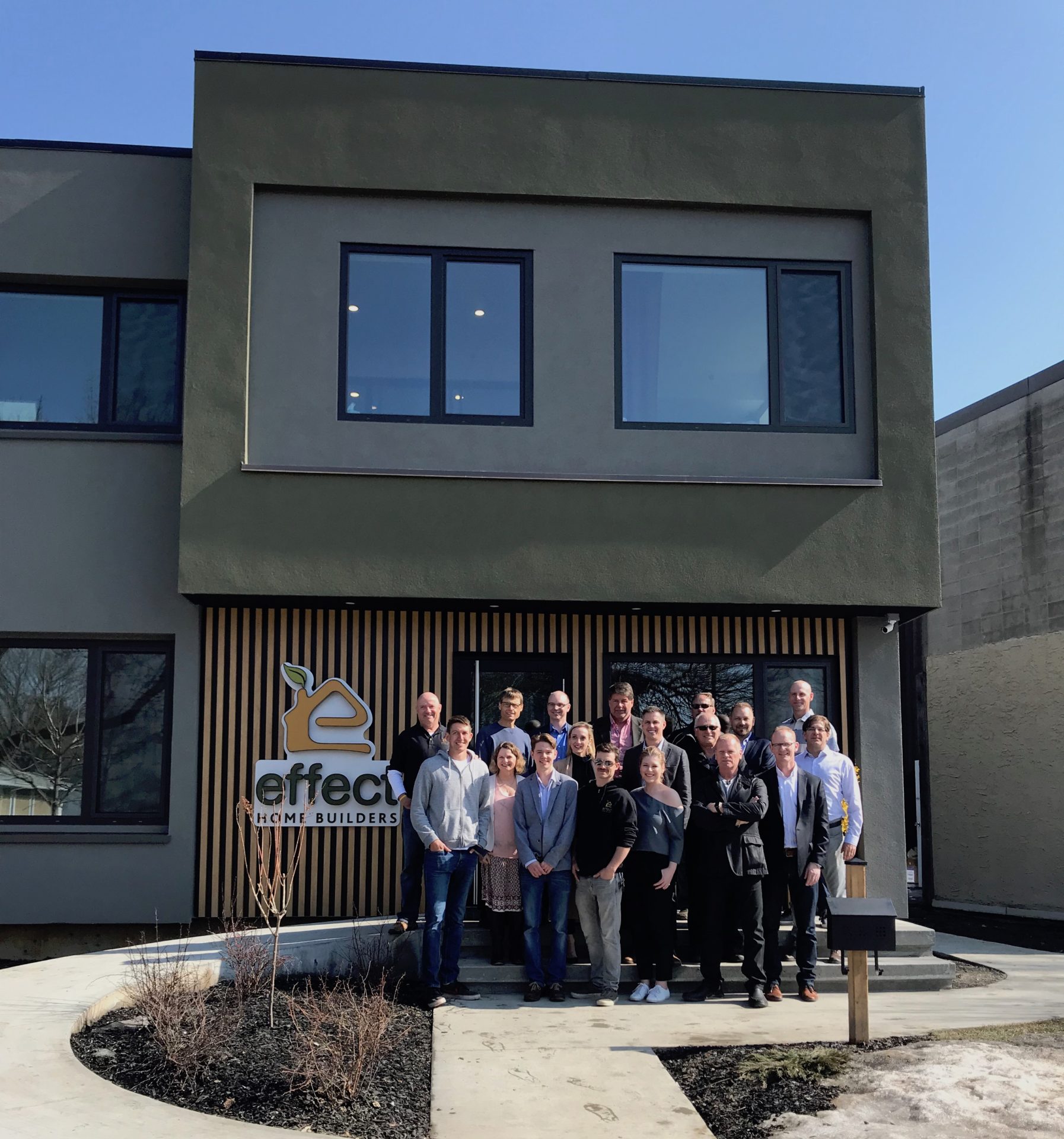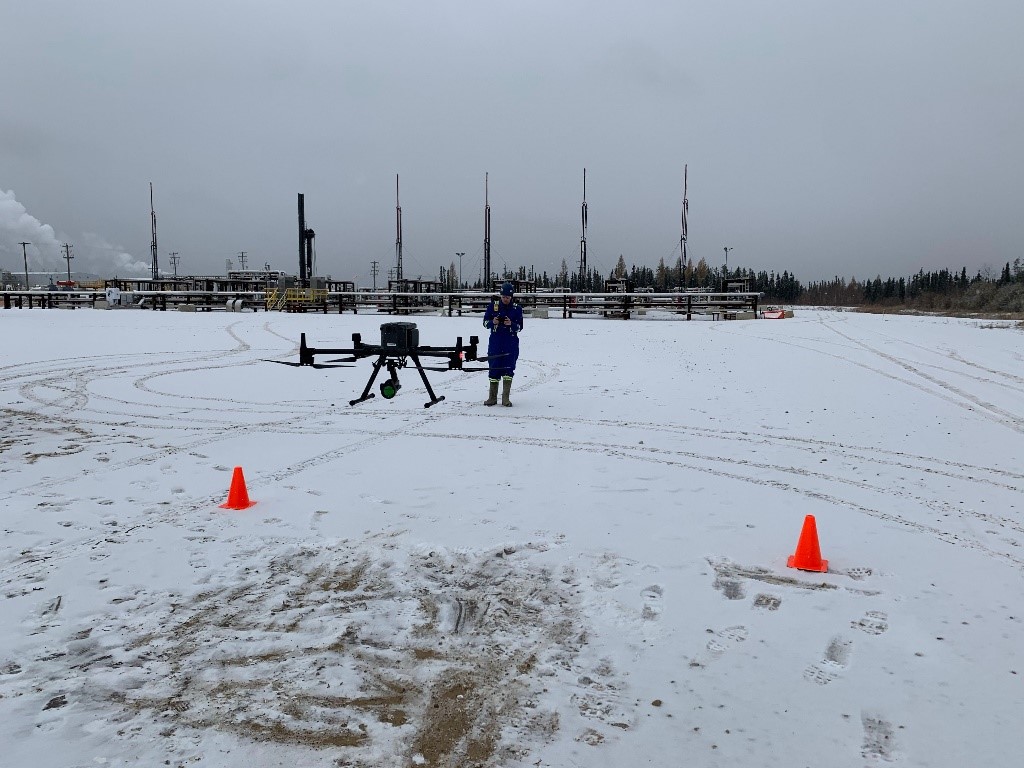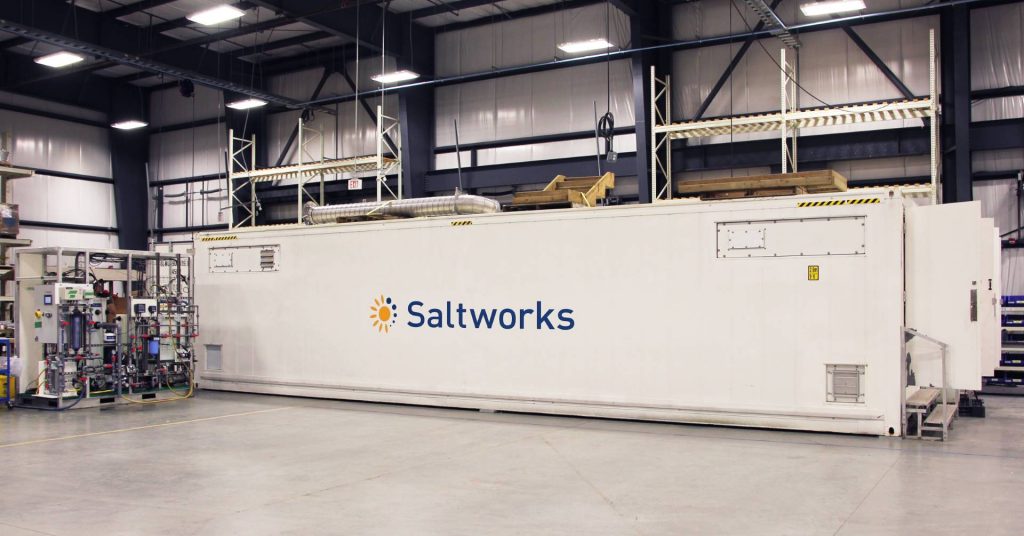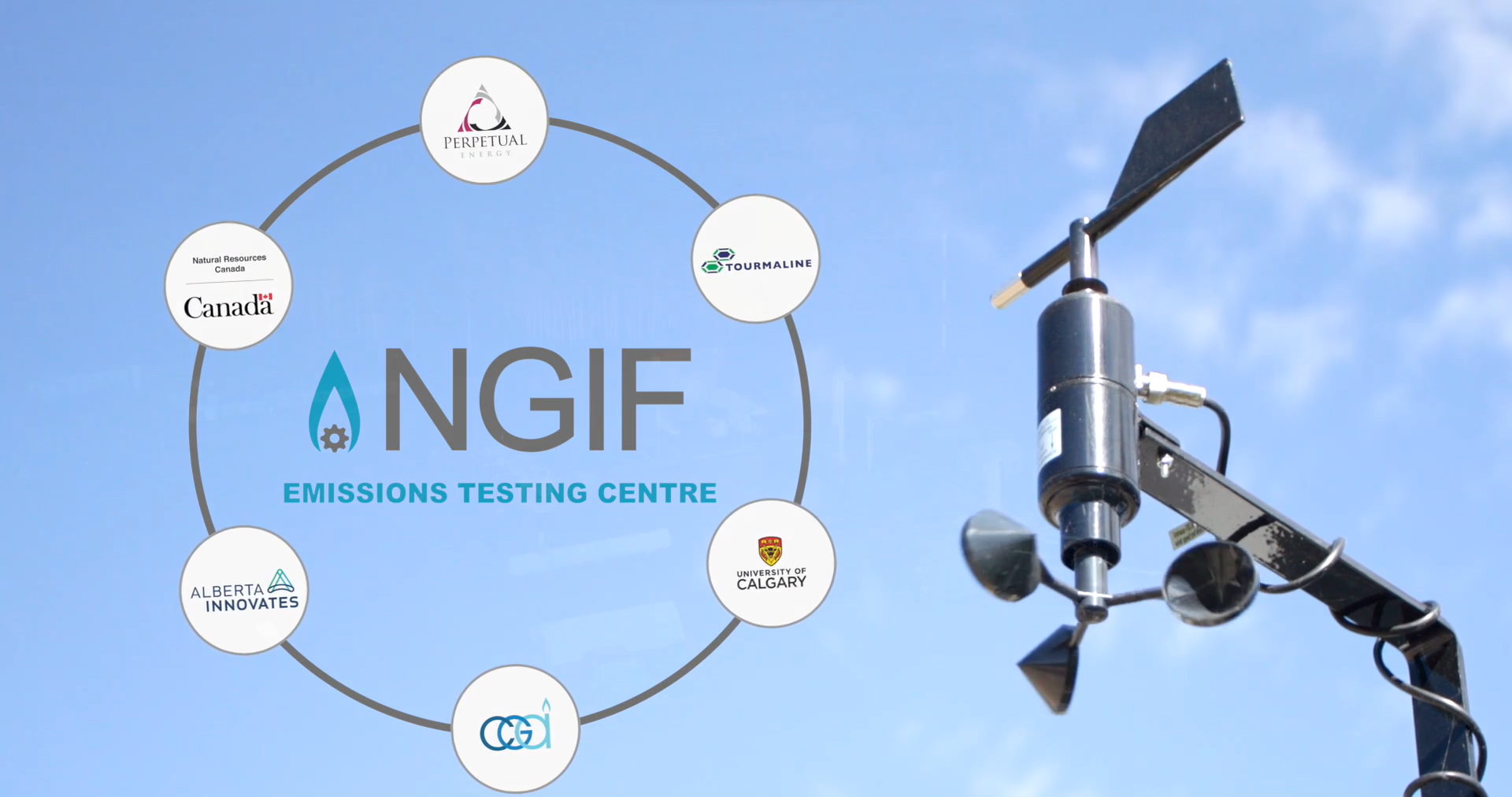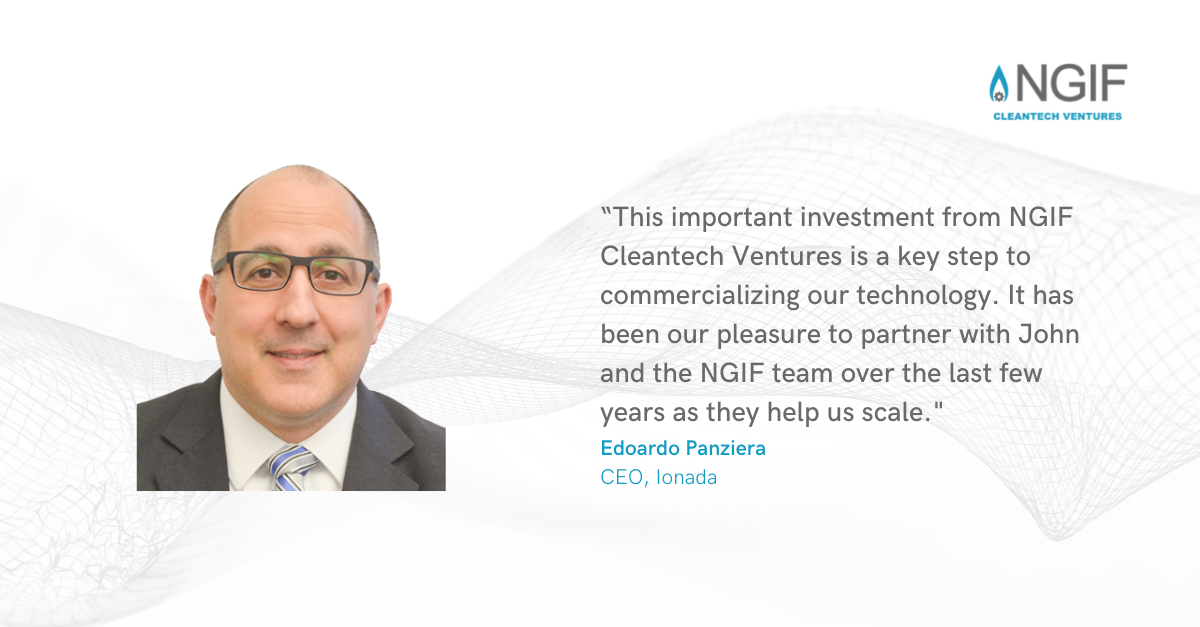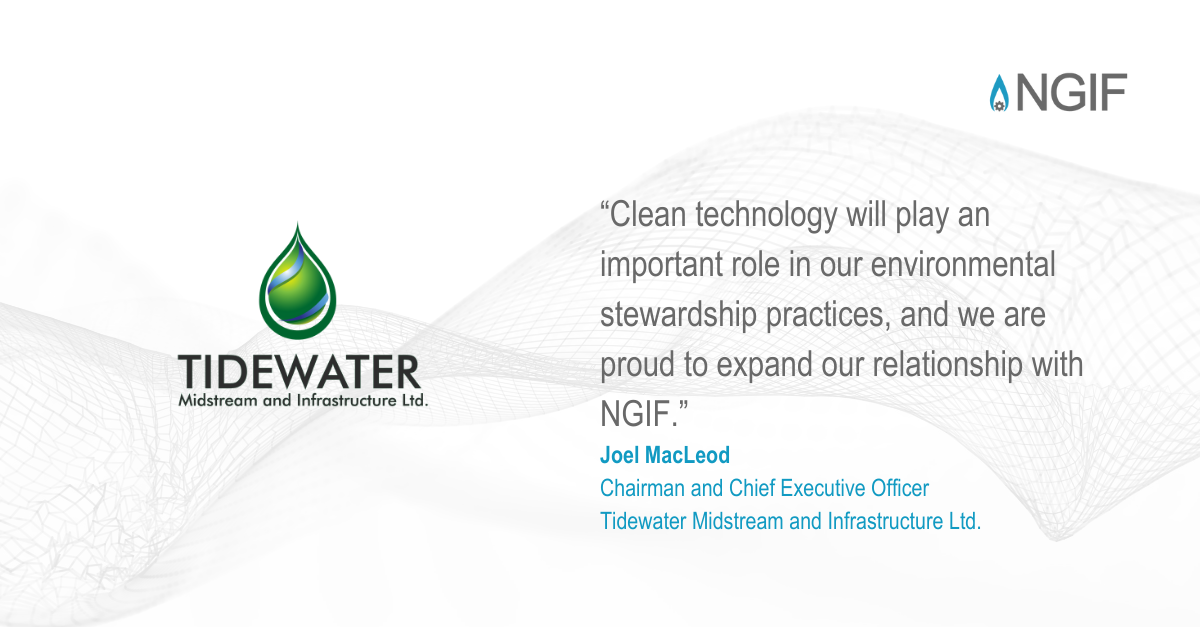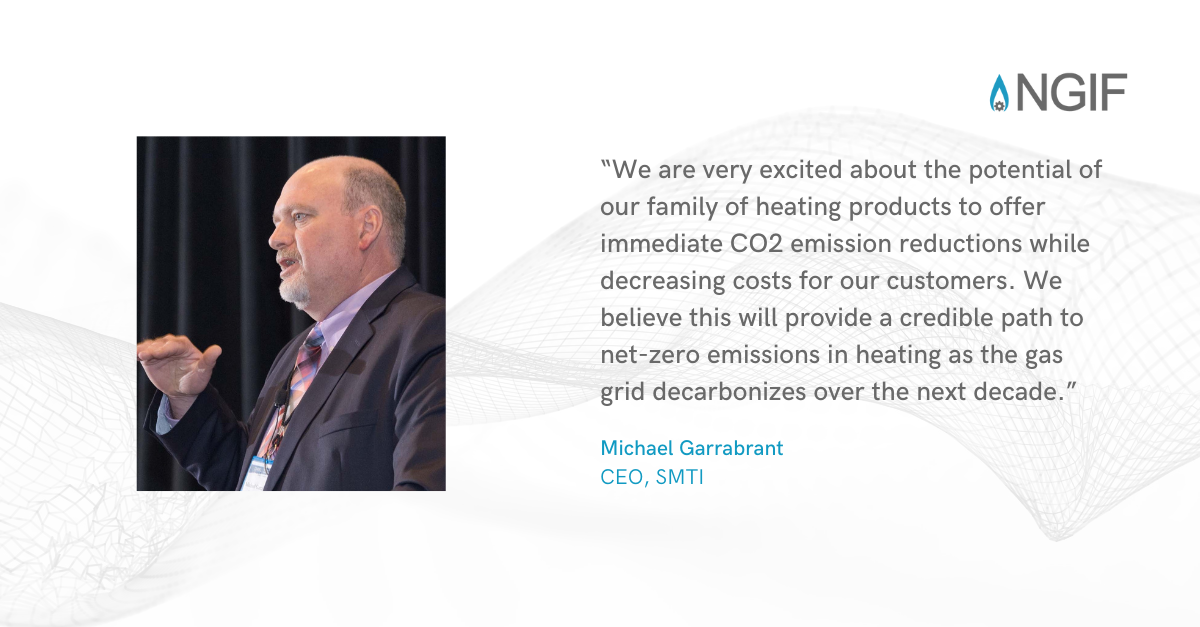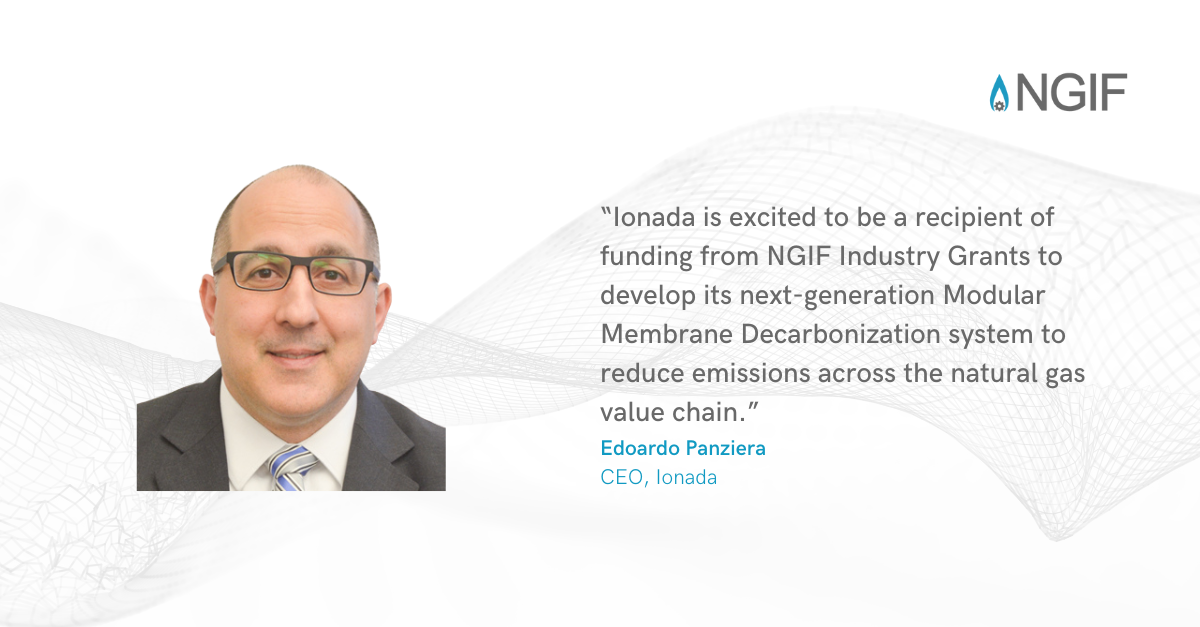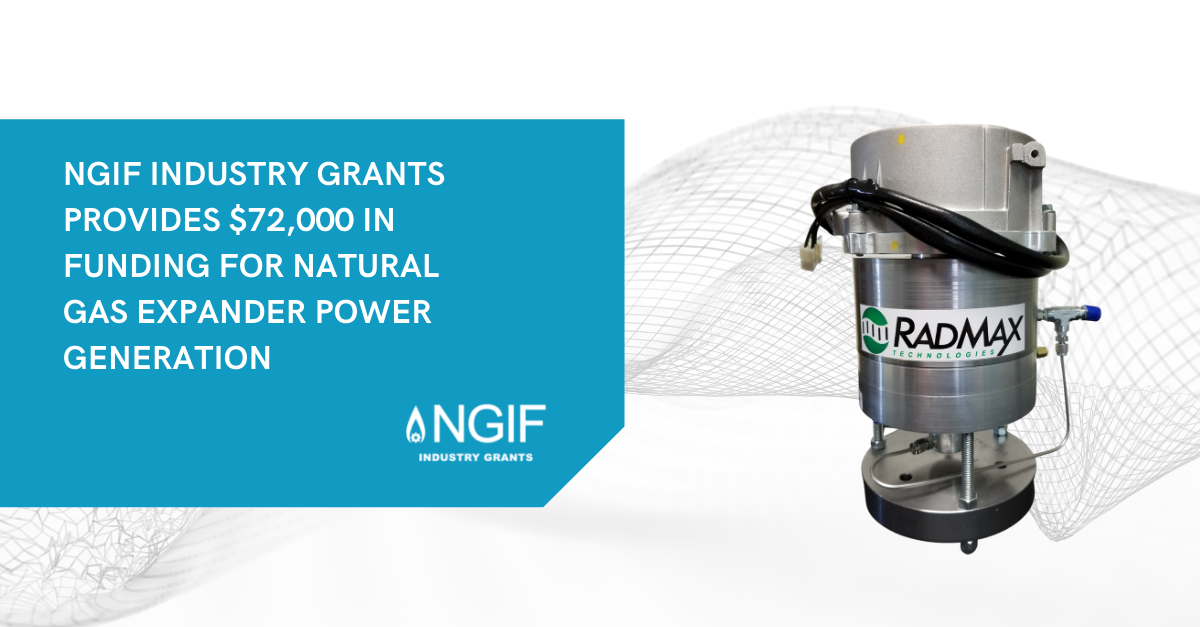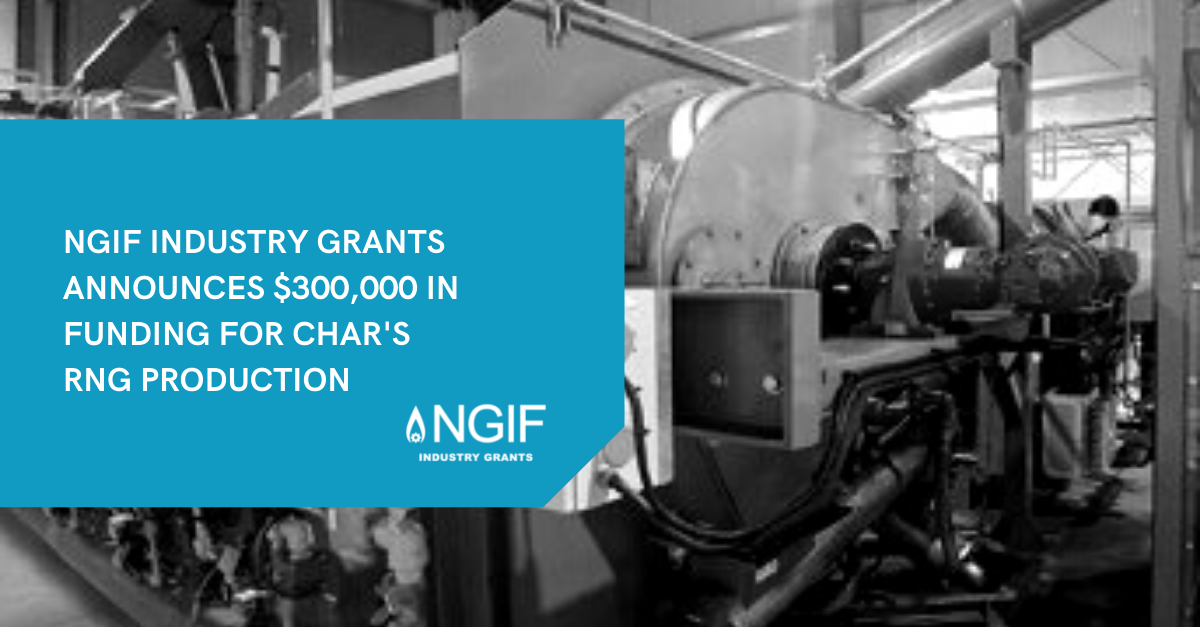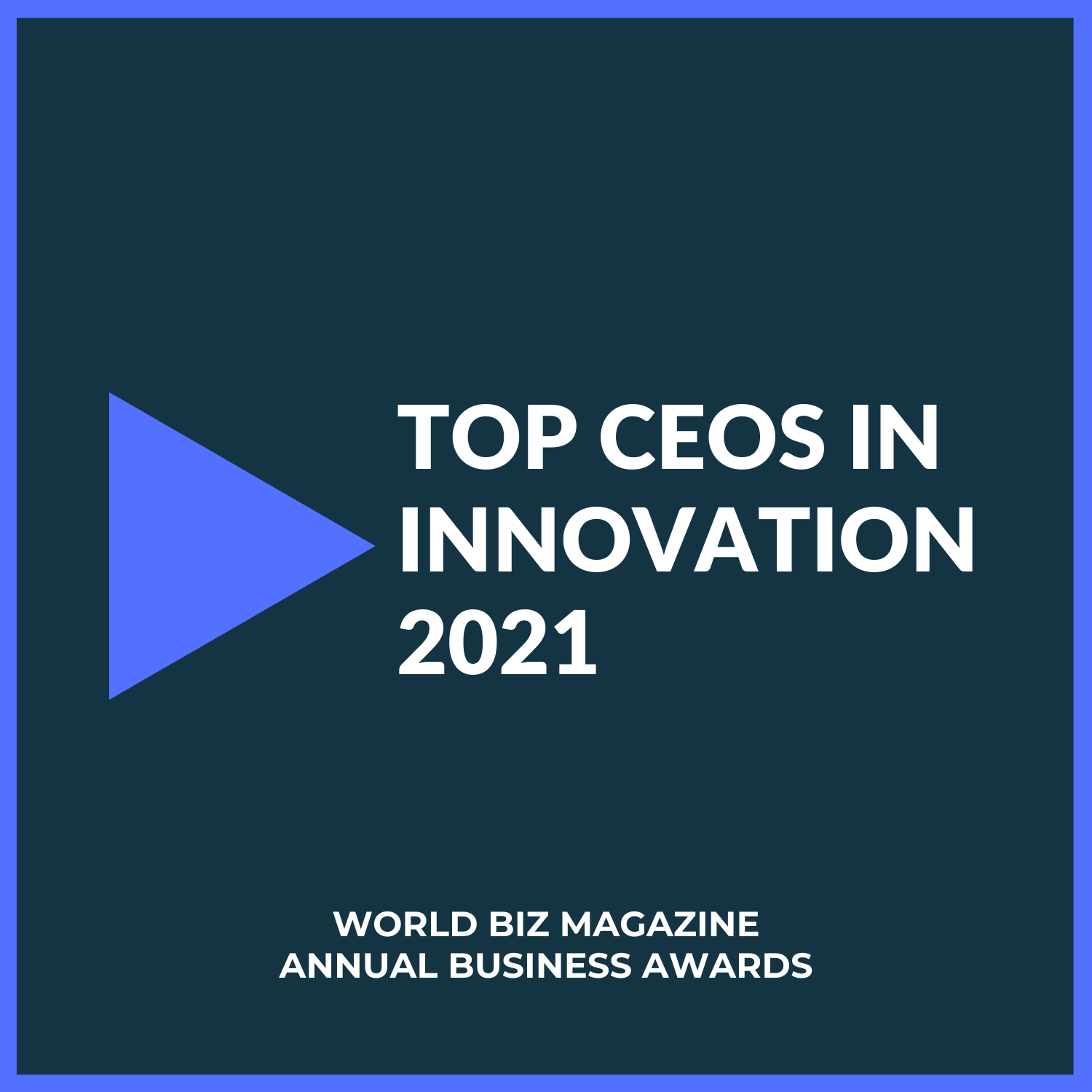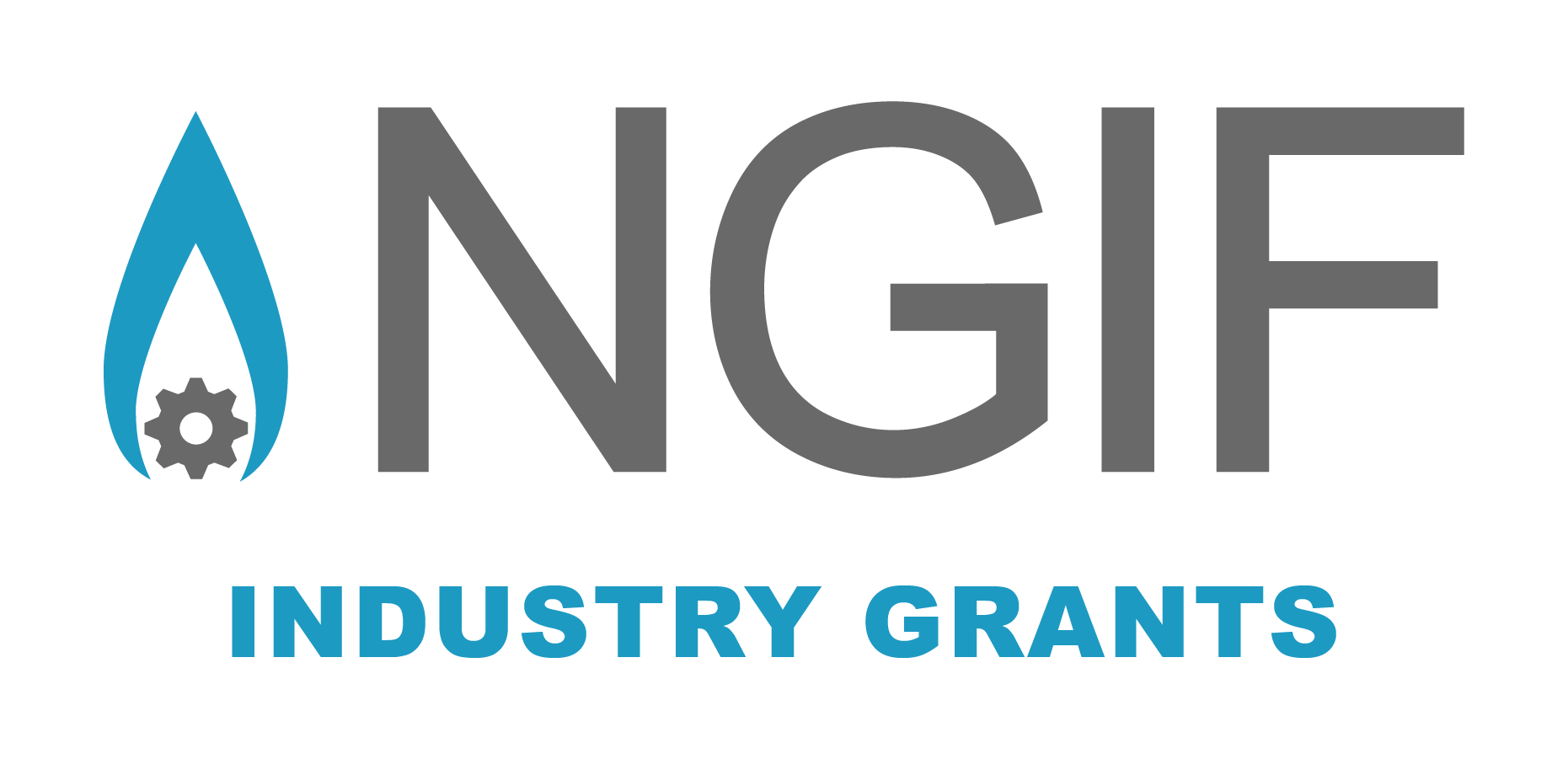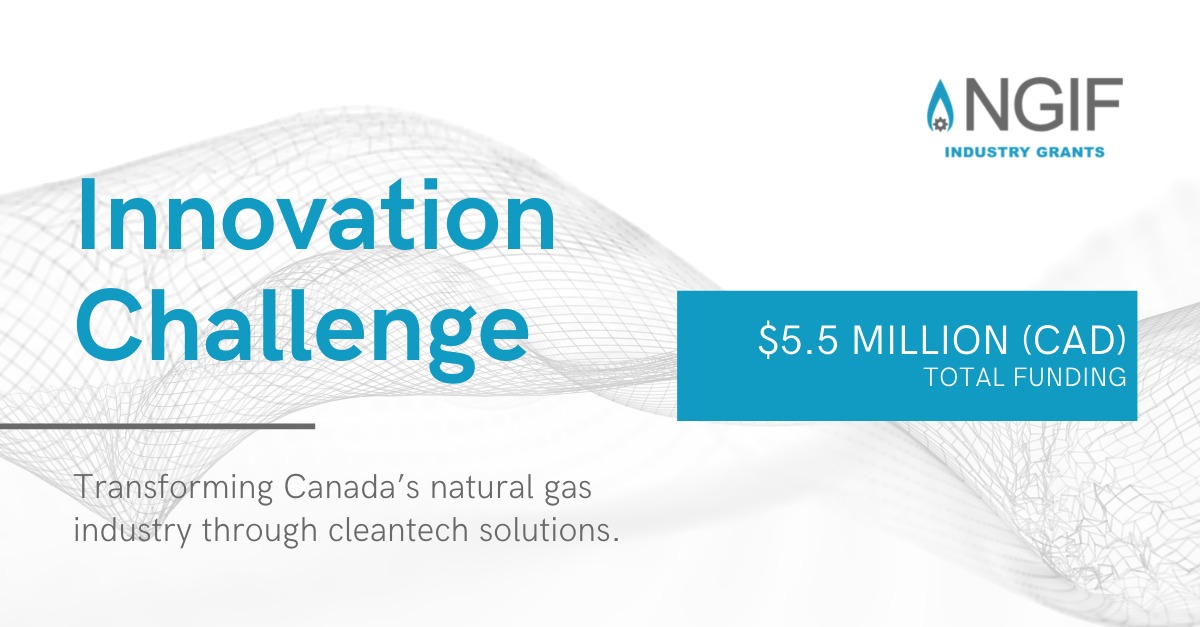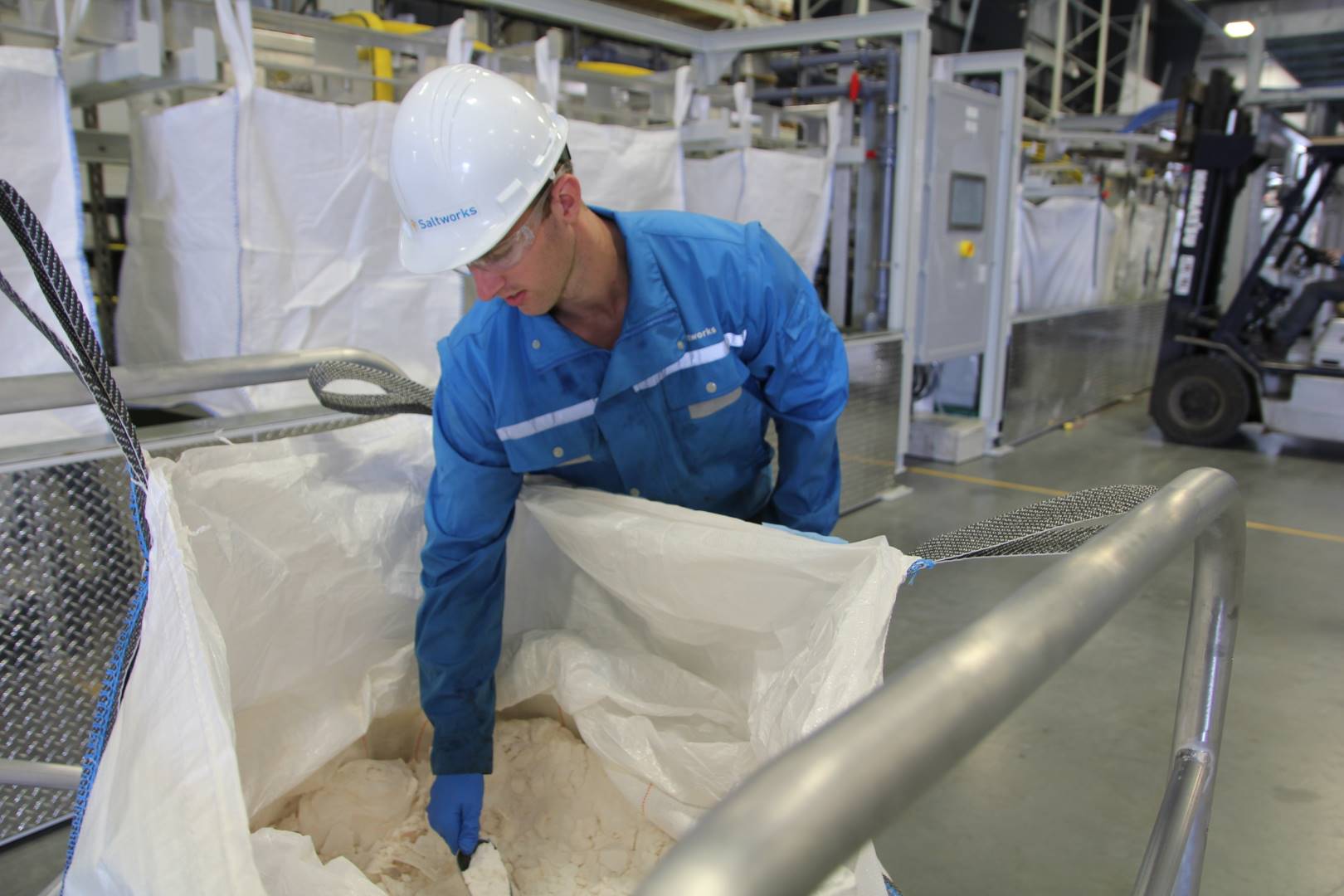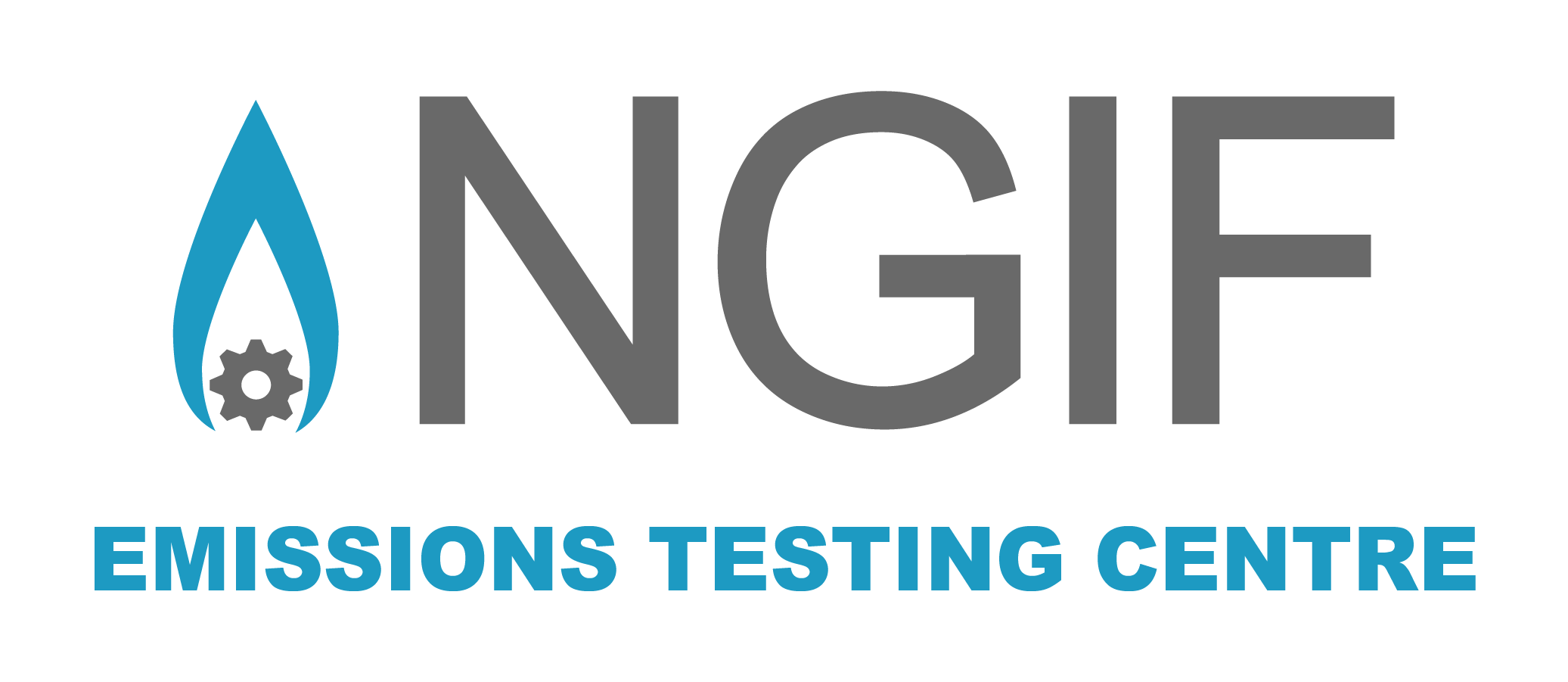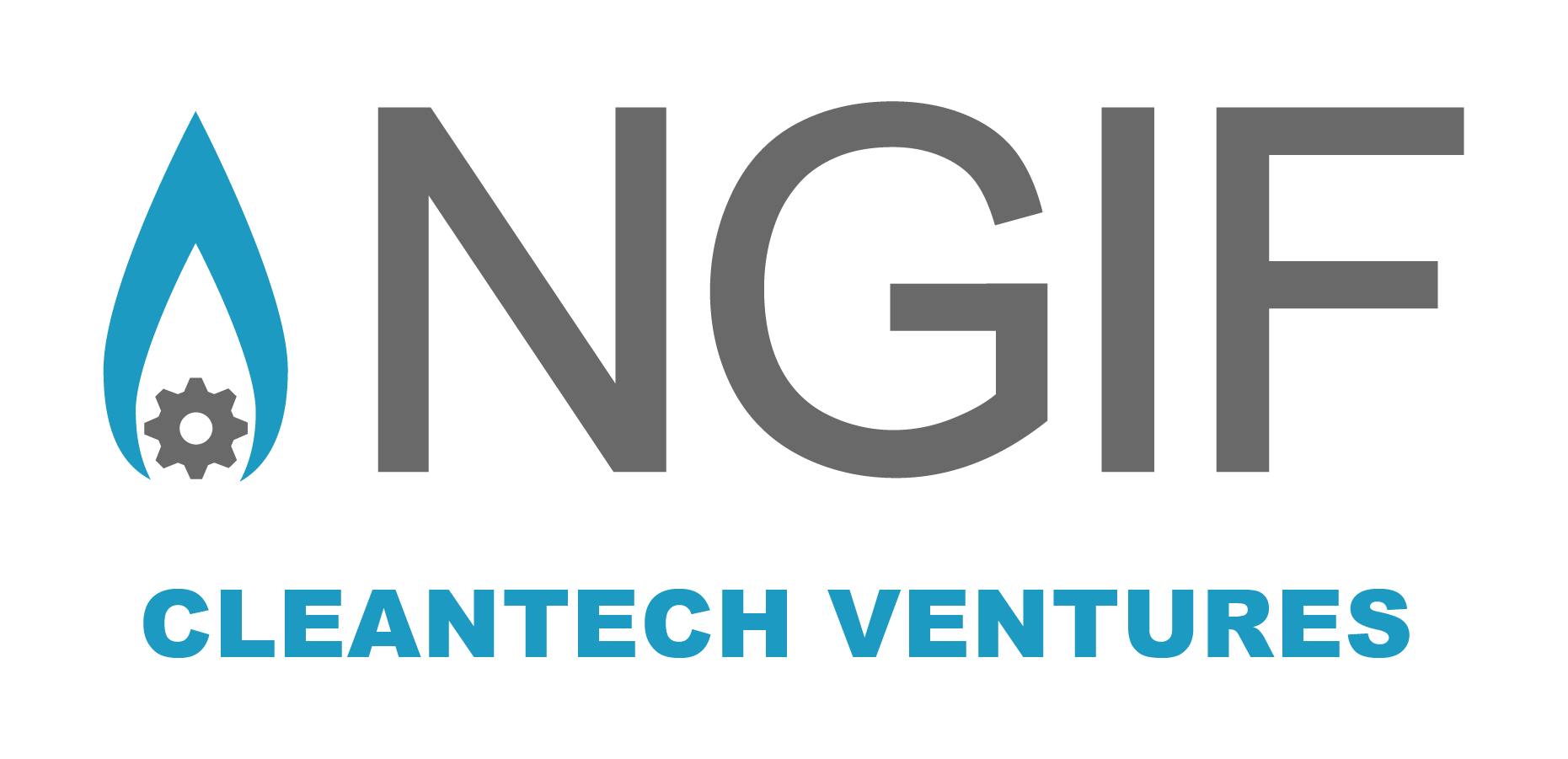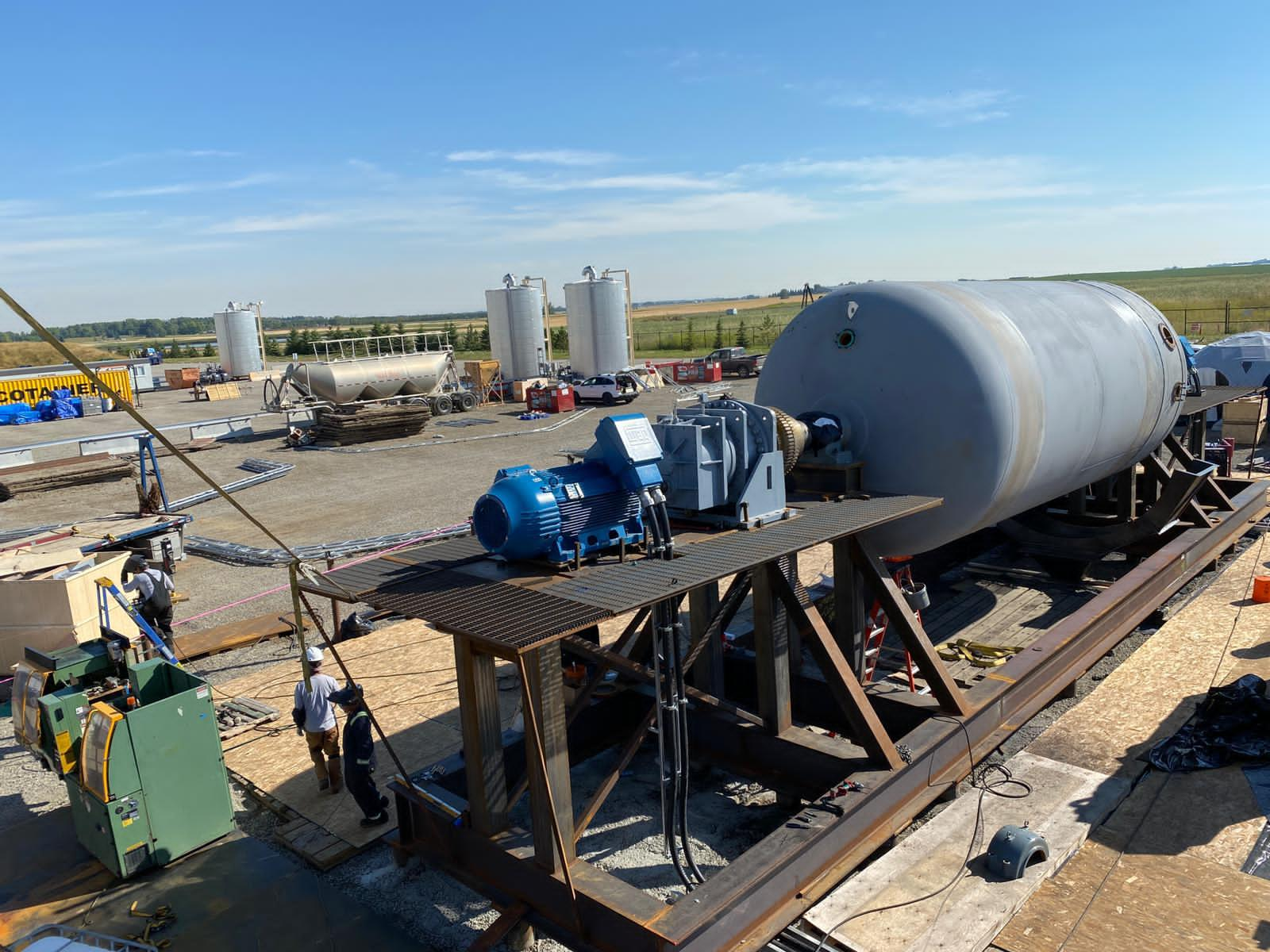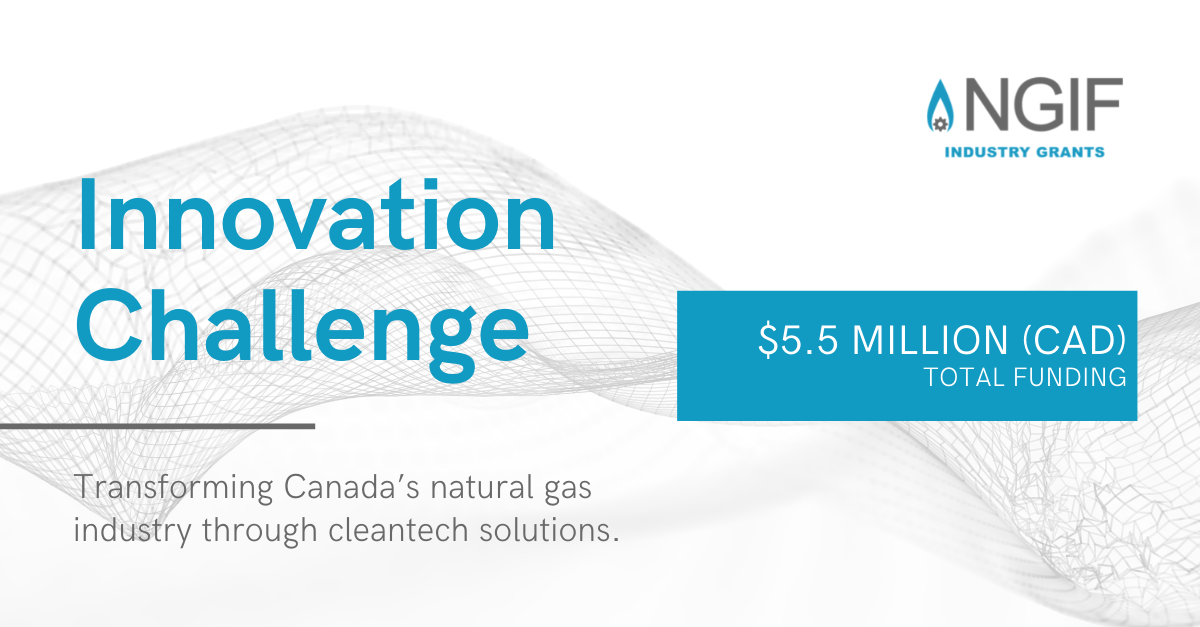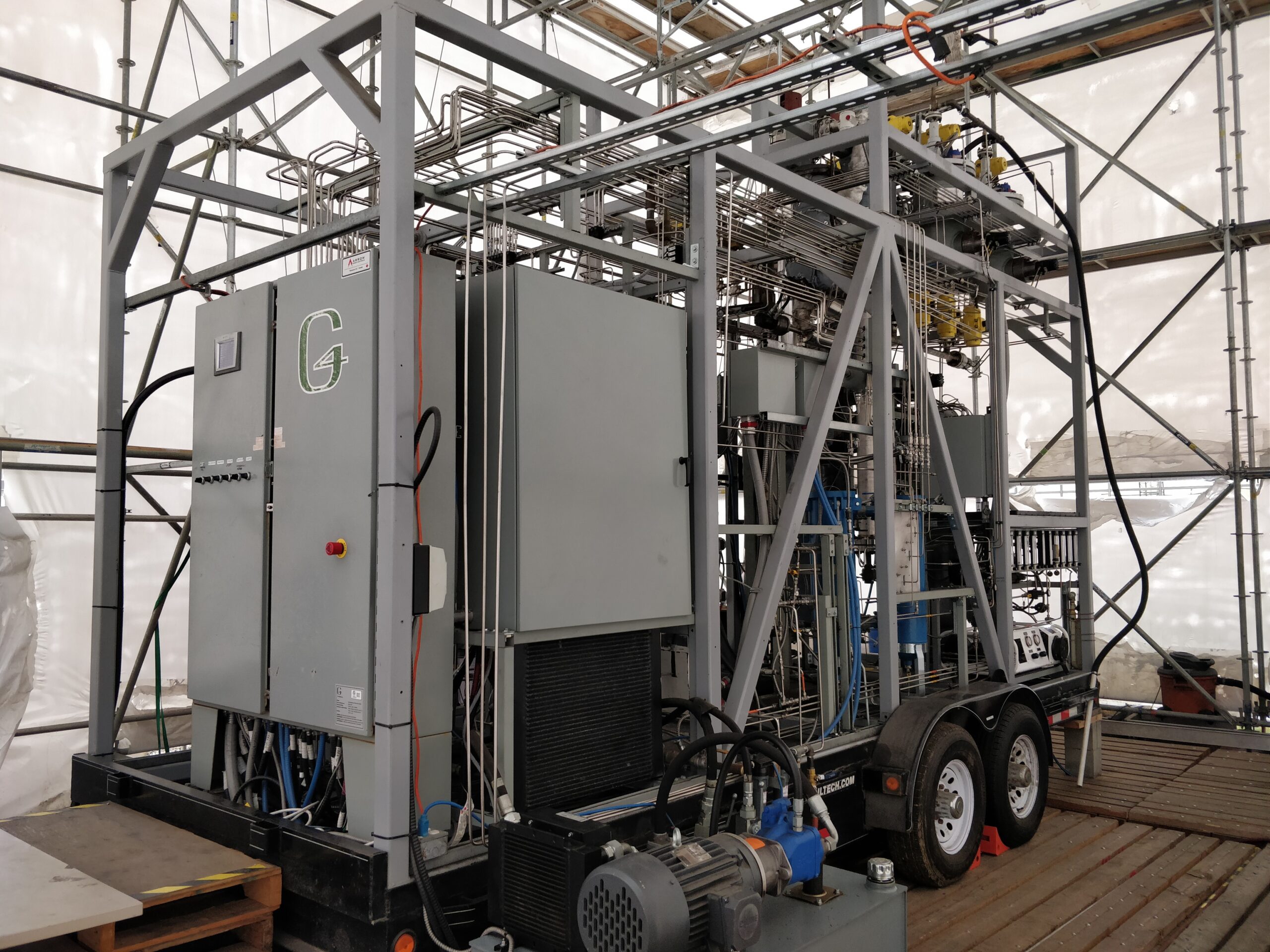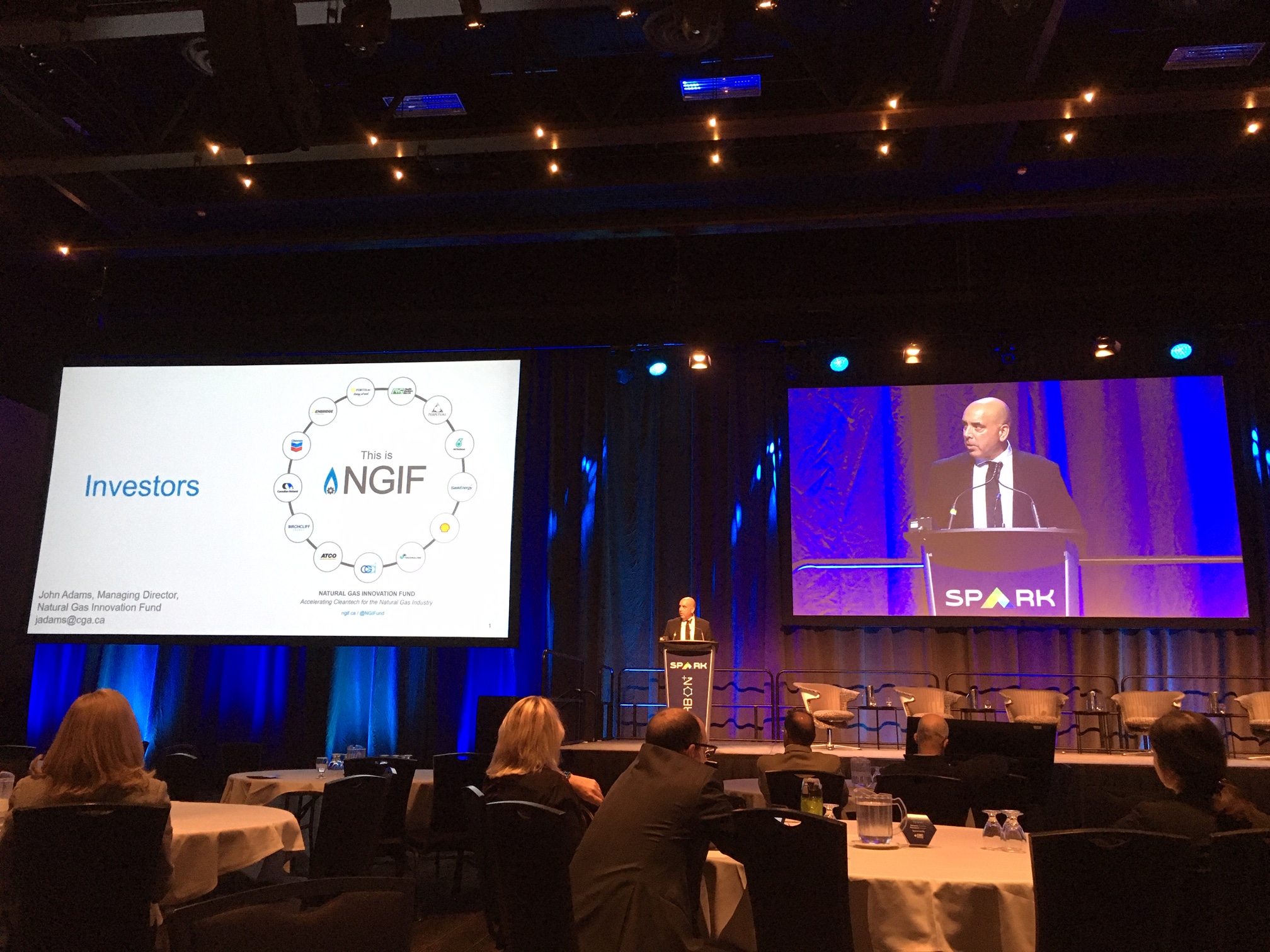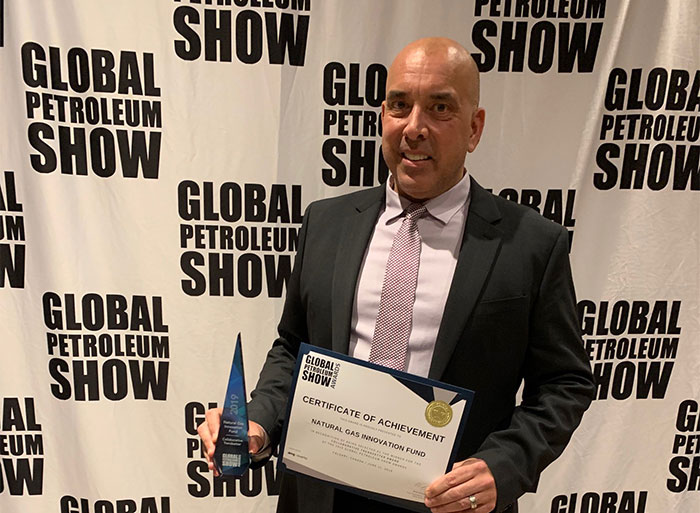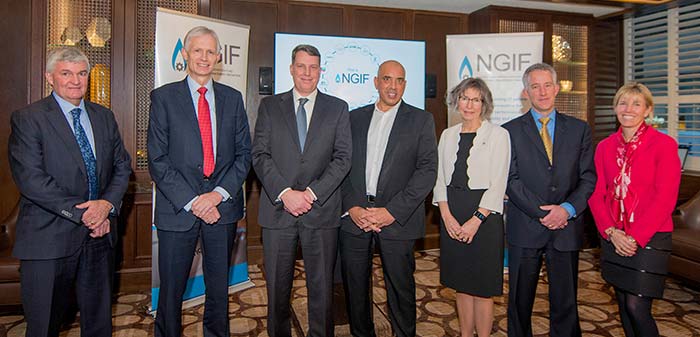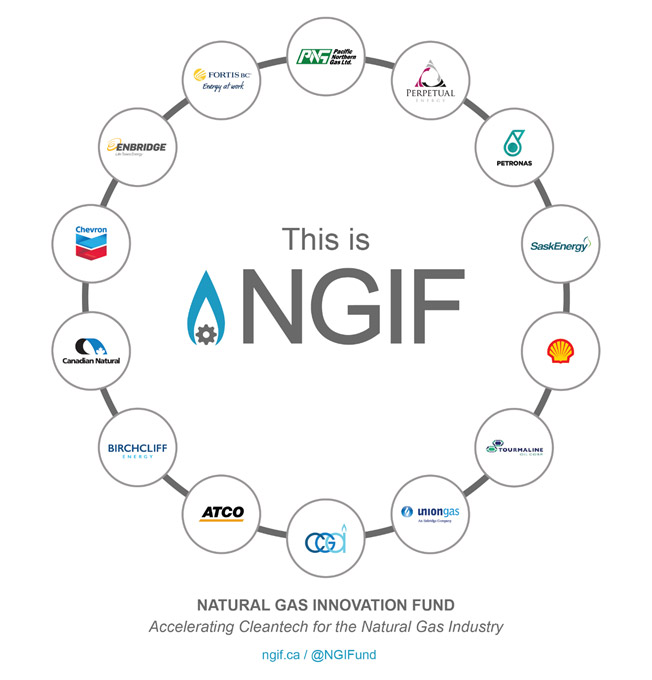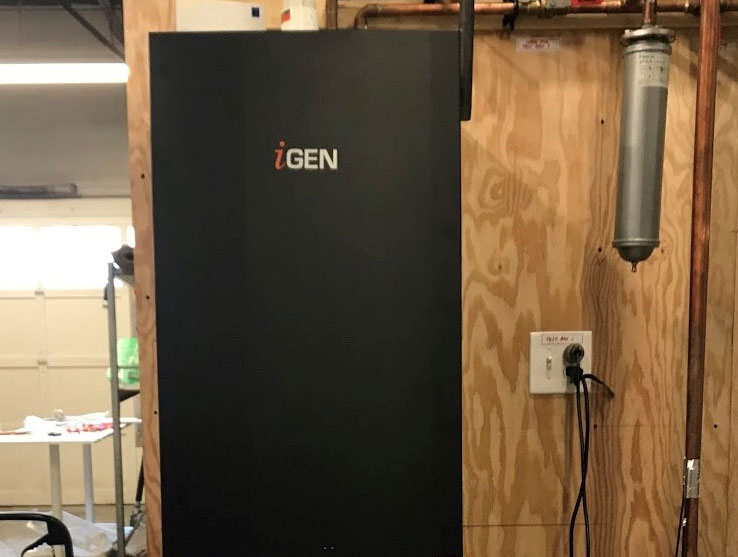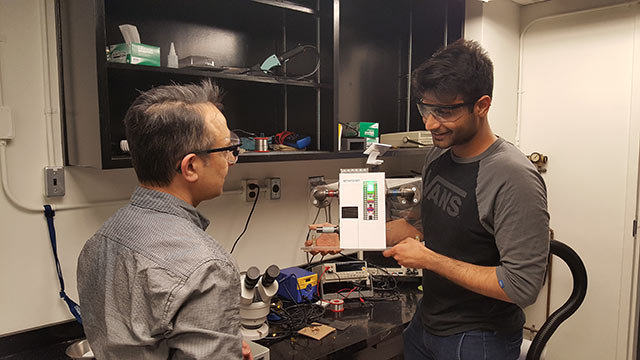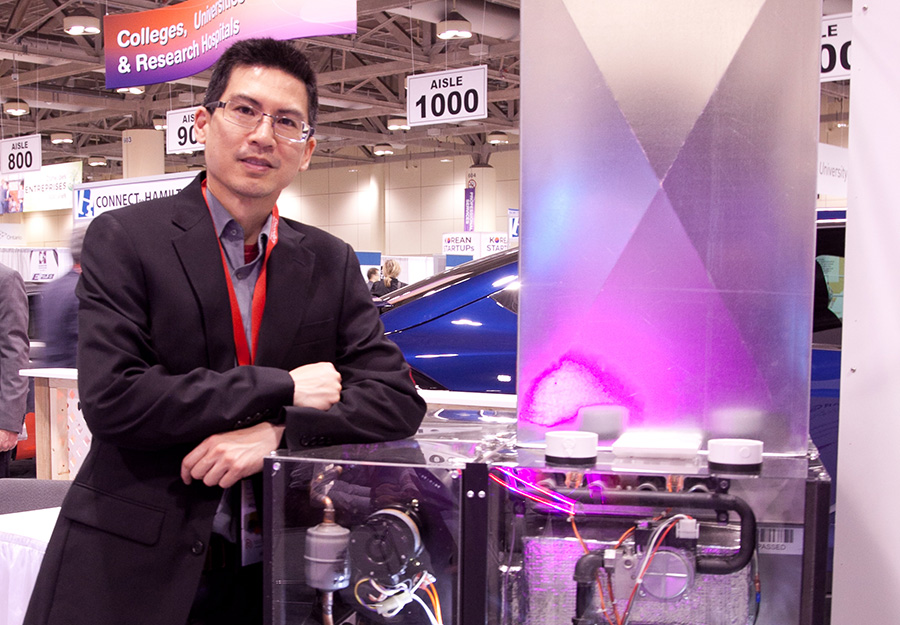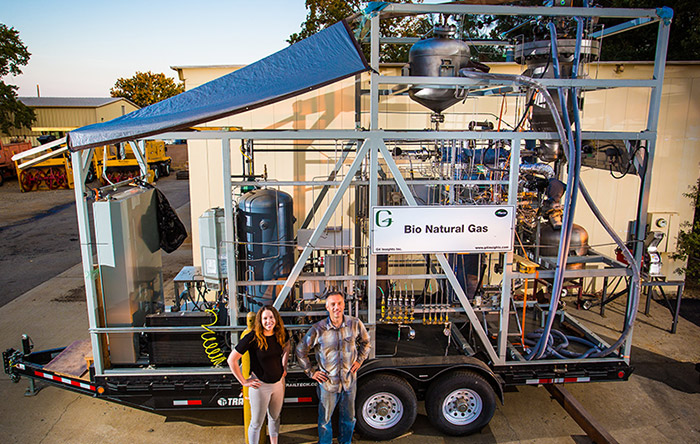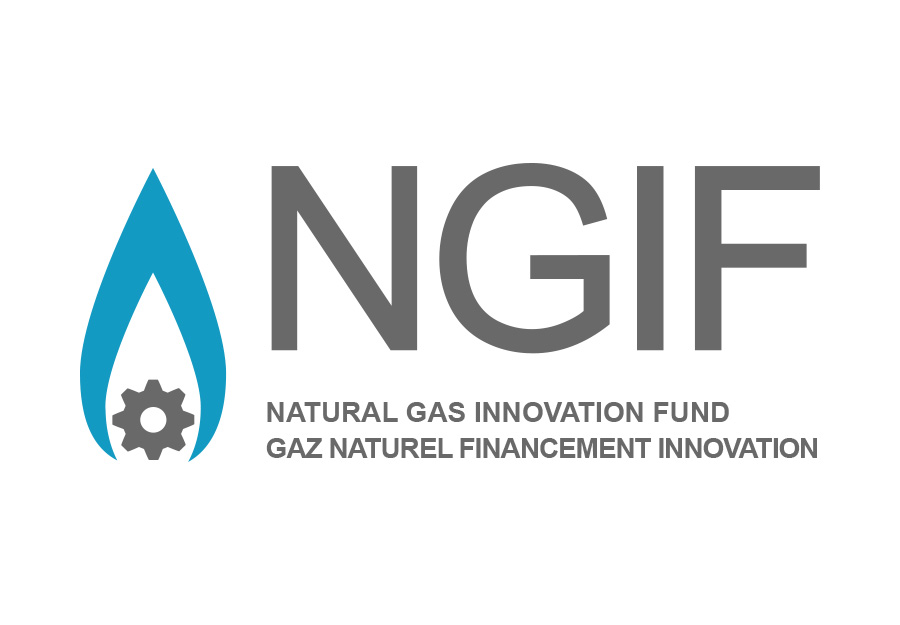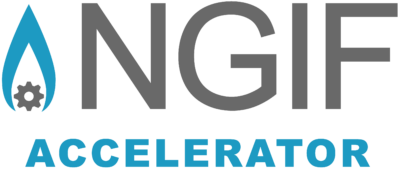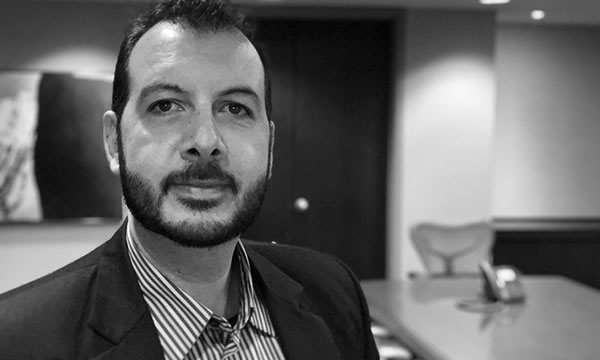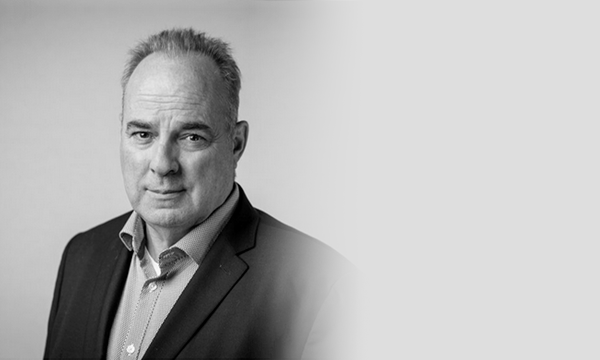In August, we published Part 1 of an insight series exploring the current War For Talent In A Post-Pandemic World. In that article, we dove into the current state of the start-up ecosystem and showcased various unique incentive mechanisms that NGIF Cleantech Ventures has implemented to attract and retain top talent. However, since August, material changes in the start-up landscape have drastically impacted the labour market. In Part 2 of this series, we flip the script, approach the War For Talent from the entrepreneur’s perspective, and see how startup CEOs are navigating this ever-changing landscape.
Since August, the manic highs associated with pandemic investing have dissipated, and there has been a rapid deterioration in public market equity valuations. Subsequently, the mean reversion of public markets has had a knock-on effect in the private markets, which we chronicled in our previous insight, “Trickle Down Valuations.” The return to pre-pandemic activity levels has been a major catalyst for headcount reductions across the ecosystem – from large tech firms such as Twitter and Facebook laying off thousands to early-stage Canadian startups, including the likes of Clutch, Swyft, and Article.
However, despite a return to what some would consider a more normal level of staffing, it is clear that companies are still struggling to attract and retain the talent they need to scale. An October 2022 survey conducted by Bain & Company found that a mere 13% of employers have been able to hire and retain the tech talent they need. Employees noted the lack of growth, flexibility, and recognition are the main reasons they seek new opportunities. To see how start-up CEOs manage this space and the steps they take to attract the best talent, we spoke with two NGIF Cleantech Ventures portfolio companies: Kinitics Automation and Galatea Technologies.
Both Kinitics and Galatea are looking to scale solutions in the oil and gas space. Kinitics develops and produces proprietary shape memory alloy linear actuators and piston pumps that help improve efficiency and automation. While Galatea is working on providing a software platform to automate and optimize oilfield transportation workflows. Both domains require the expertise of in-demand engineers and computer scientists to scale. This requirement places the hiring needs of both these companies in direct competition with a swarm of other high-growth start-ups all vying for the same pool of candidates.
So how do Kinitics and Galatea differentiate themselves to attract and retain the talent they need to scale their growing businesses? Dean Pick, the CEO of Kinitics Automation, cites a commitment to providing a full employee experience. Things like extended health benefits, vacation benefits, stock option plans, and educational leave programs are all crucial to remaining competitive. It is important to provide employees with the flexibility and career development opportunities that they demand. A robust ESOP in particular, can create alignment between employers and employees while providing the latter with a direct sense of ownership and a stake in the success of the company. Pick also recognized how important it is to provide his employees with opportunities and room for professional growth. For example, Kinitics offers to pay for professional fees and aid engineers in training as they progress toward their P.Eng. status. This not only ensures that Kinitics can retain emerging technical engineers but also grow roles that these people can take in the future.
Likewise, Galatea CEO Chad Hayden cites the need to foster a corporate culture that provides benefits beyond compensation. Hayden states, “Some companies use compensation as a mechanism, but compensation is truly a commodity, and you risk someone else coming along with more money. We instead focus on our culture and providing real and meaningful job satisfaction.” For Galatea, it is crucial that employees get something from work that extends beyond compensation. One of the main steps that they have taken is to provide employees with the freedom to work anywhere:
“People are free to do as they please when they please, and that’s how it should be. What we do is clearly communicate expectations, deliverables, and accountability.”
This gives employees the freedom to work at their own pace and accommodate their lifestyle. At the same time, Hayden believes that the management team should make a workplace that employees want to be in, and that is why it is so important to keep up a good work environment.
Kinitics approaches fostering good workplace culture through workplace traditions. They have company golf tournaments and go-carting events. Additionally, one of the advantages of being at a start-up is the level of care the company places on each employee. A great example of this is their new tradition of gifting each employee a specially curated book on their first anniversary. The book aims to help that employee with an interest, goal, and dream and is signed by everyone on the team before being given to them at a company-wide meeting. This is just one of the ways Kinitics aims to tailor the employee experience to make the relationship as fruitful as possible.
Galatea’s CEO also highlighted the importance of how employees are motivated in the workplace. He chooses to take the path of using positive peer pressure. If employees are able to recognize exactly who they are impacting when they are not delivering, they will work harder to remain accountable. This leads to employees who better self-regulate rather than having pressure come from the management team.
It has always been known that high-growth start-ups need to create a distinct value proposition to differentiate their product or service from their competitors. This tried-and-true method of success is now making its way to company staffing and retention. When start-ups are competing for the same pool of in-demand talent, CEOs need to get their elbows out and create a unique and differentiated work environment. If early-stage companies want to attract and retain the best talent available, it is critical to create a corporate culture that promotes accountability, flexibility, and career development.

